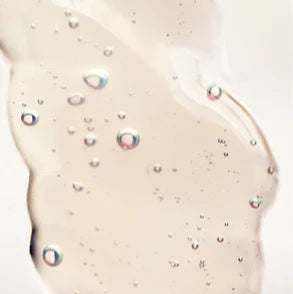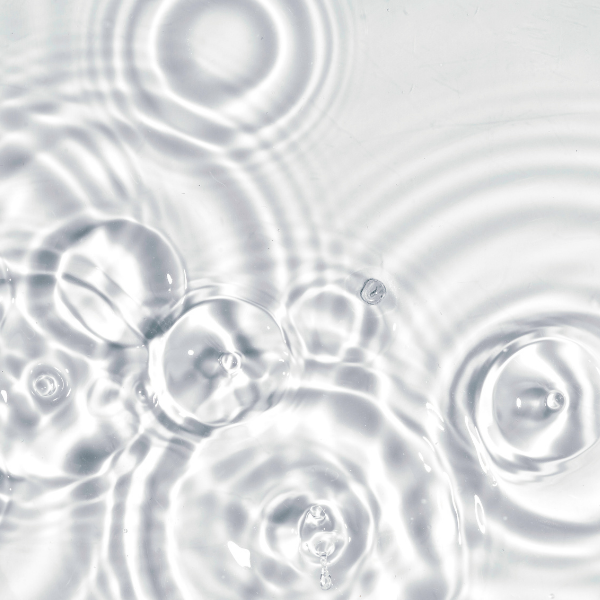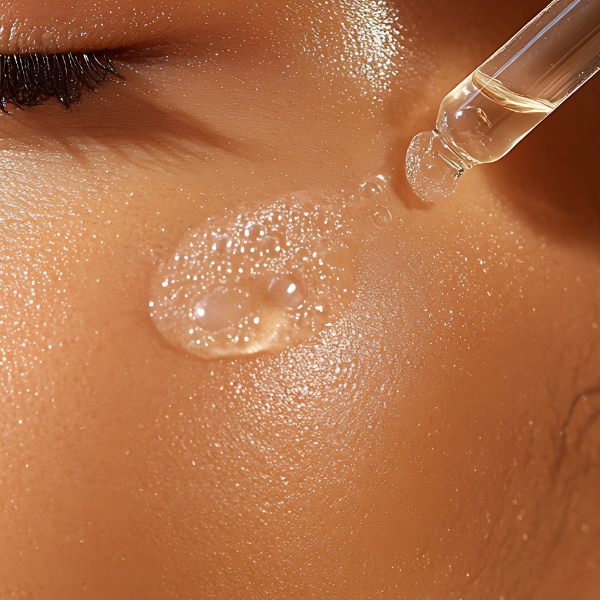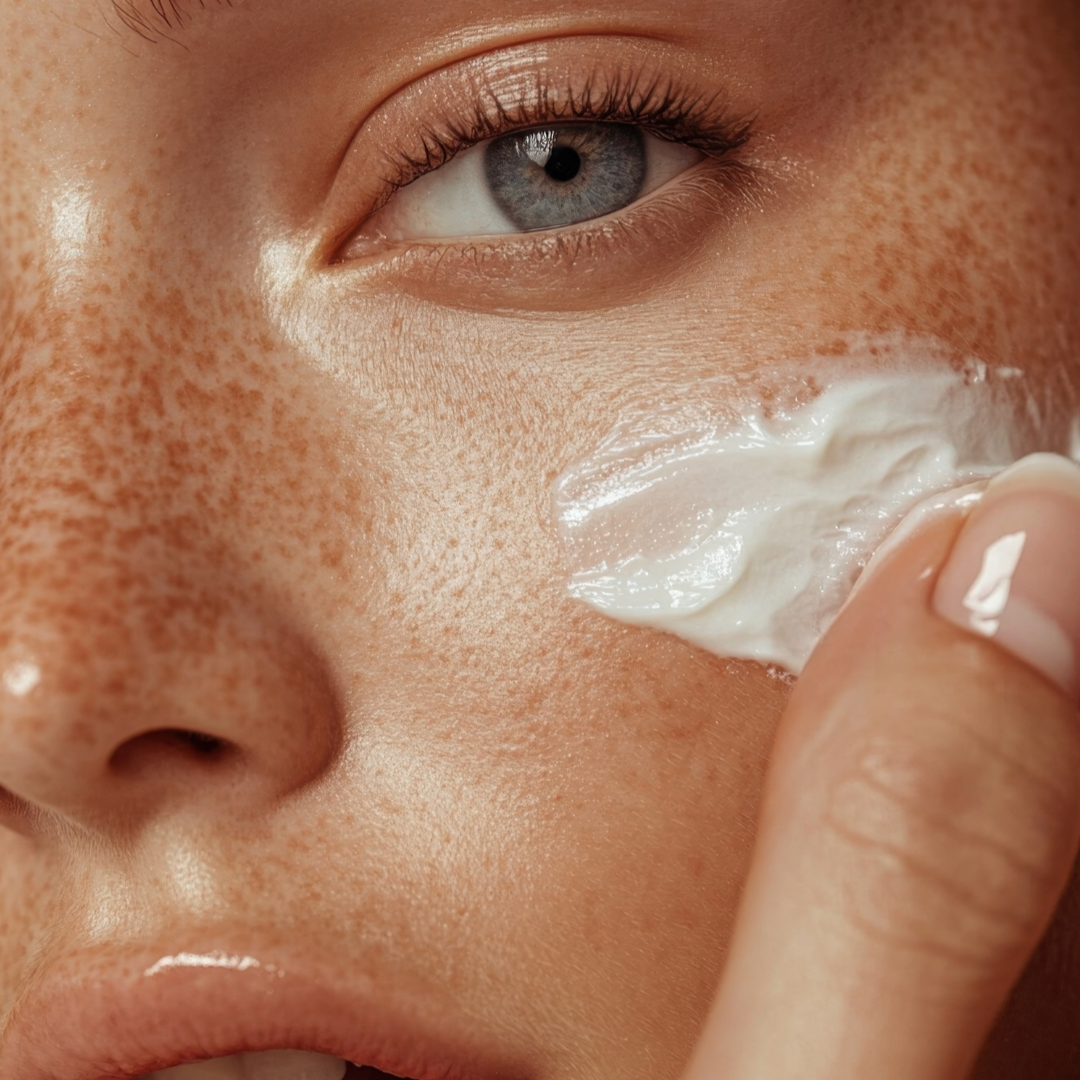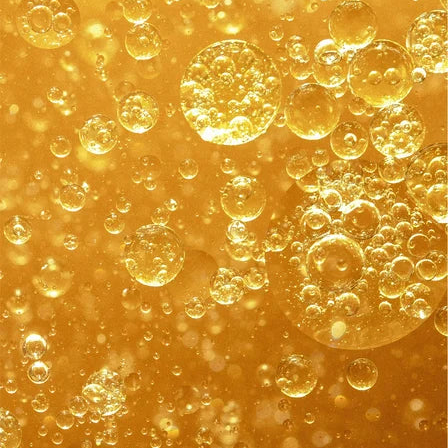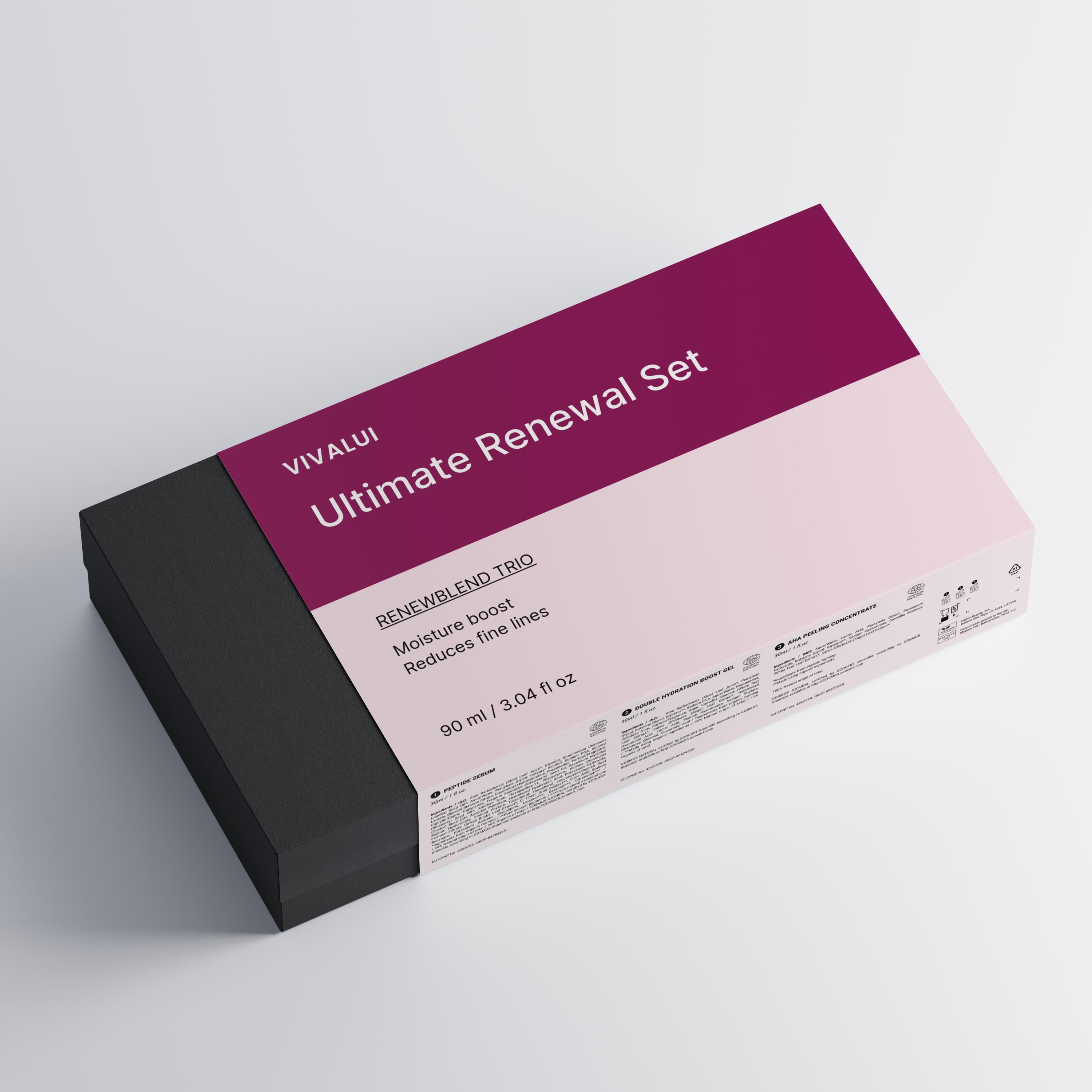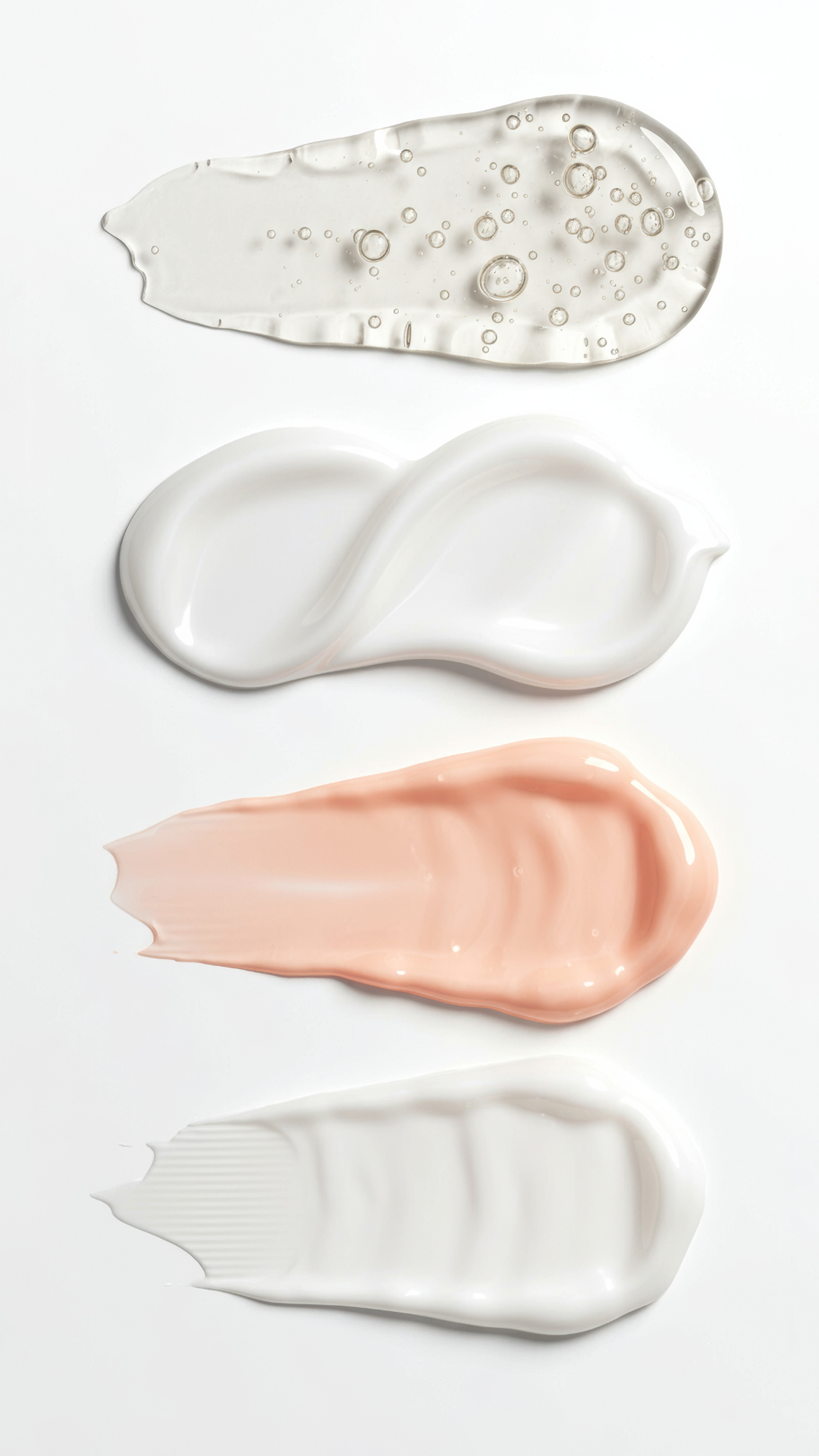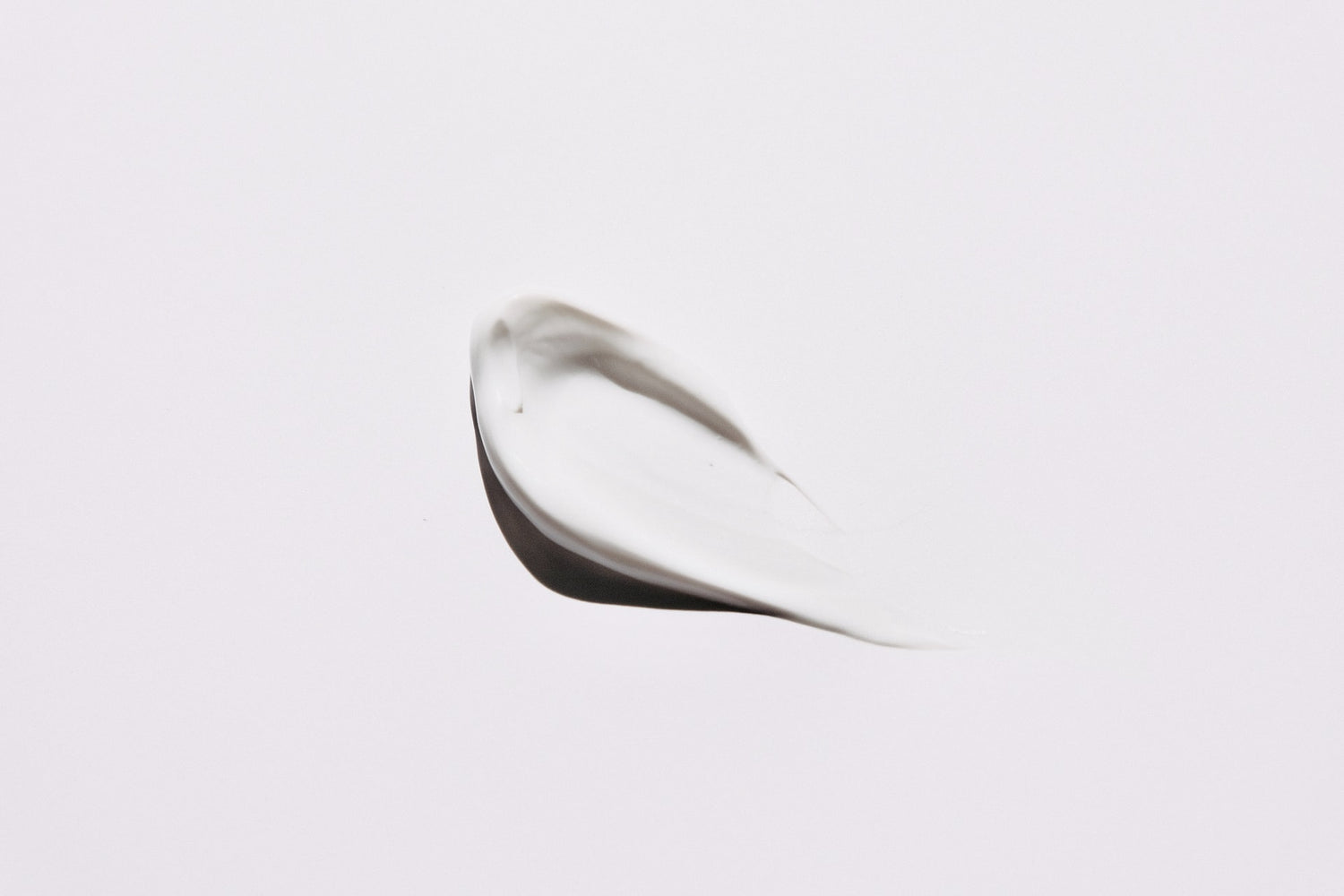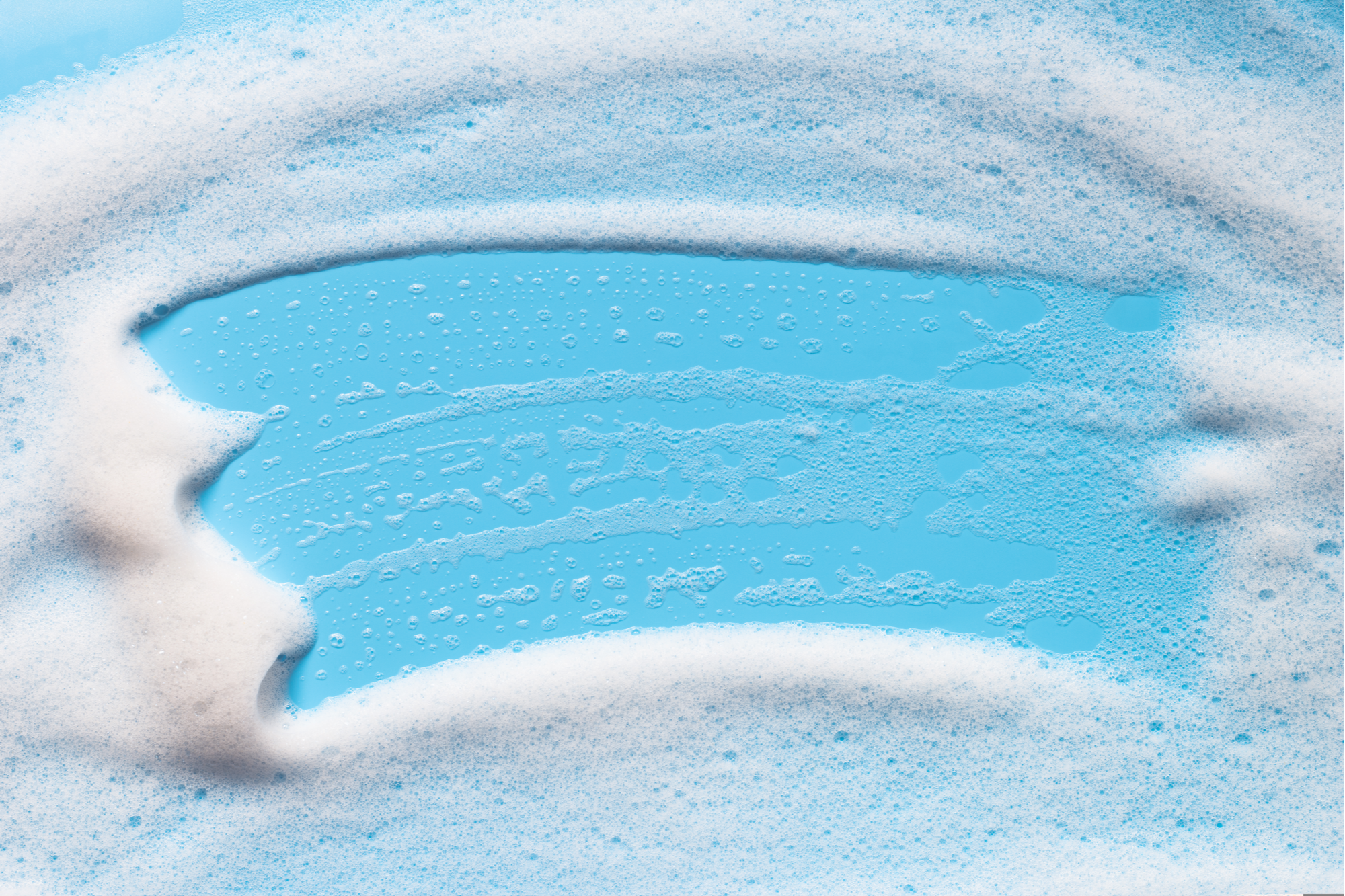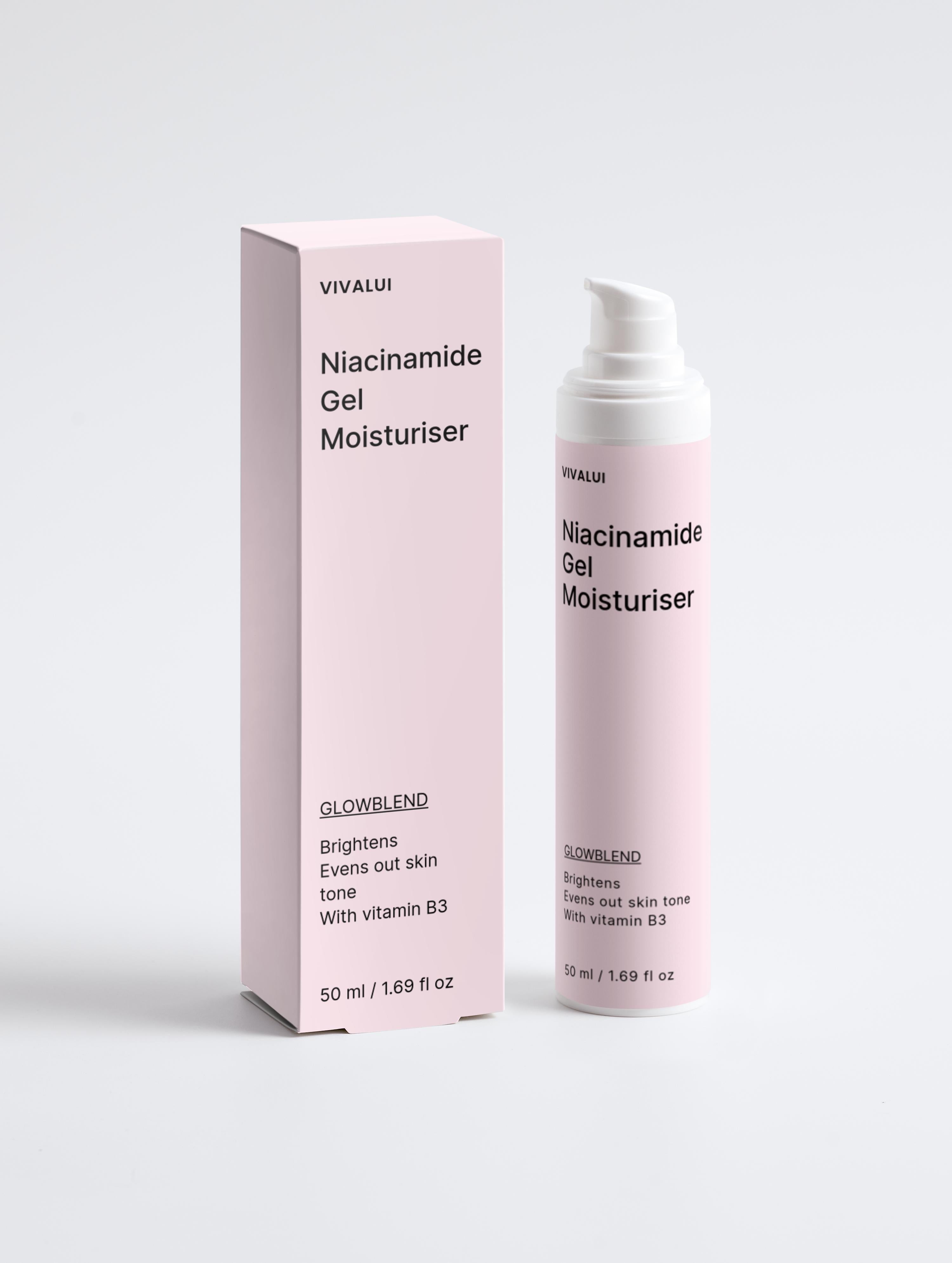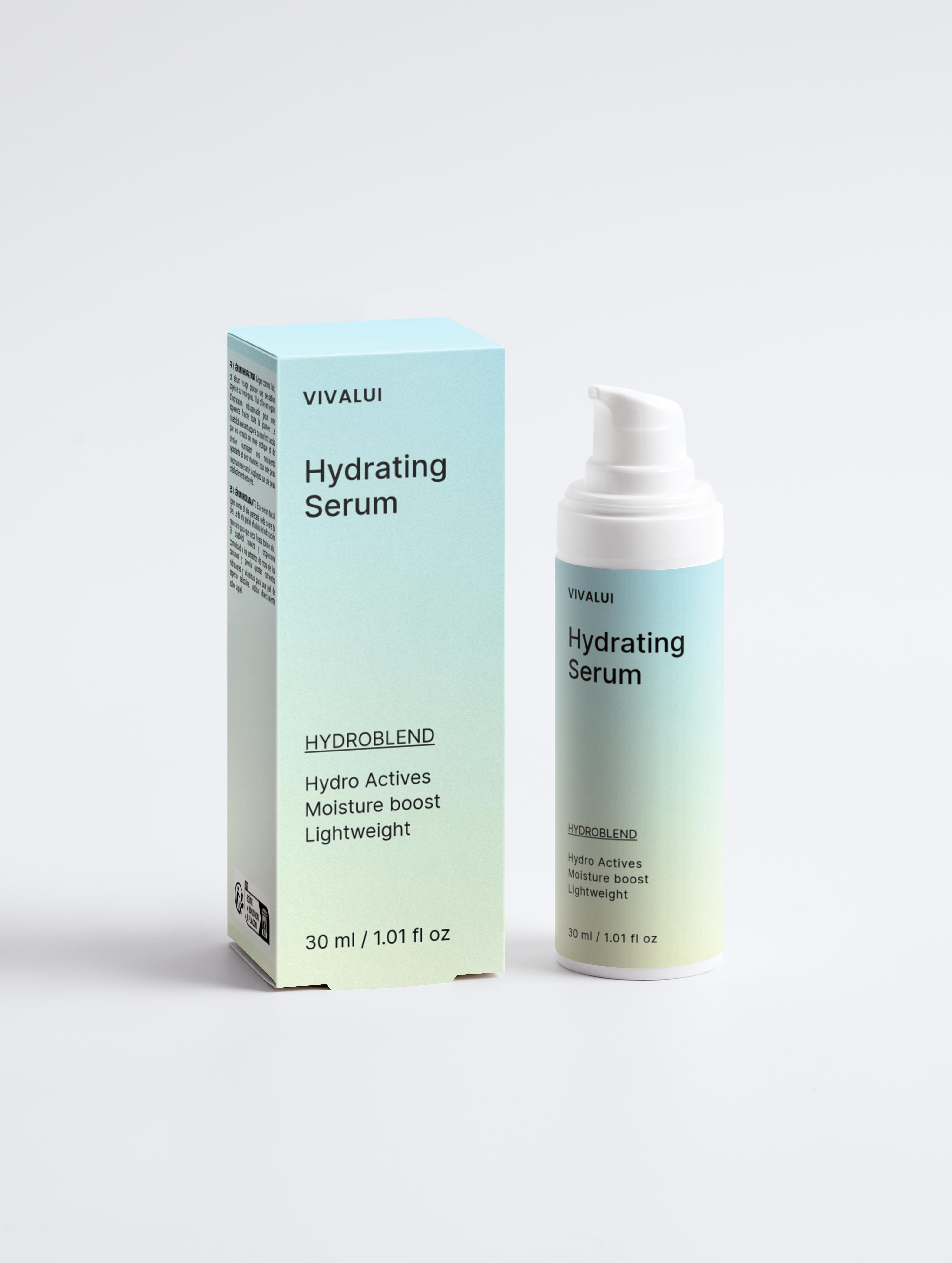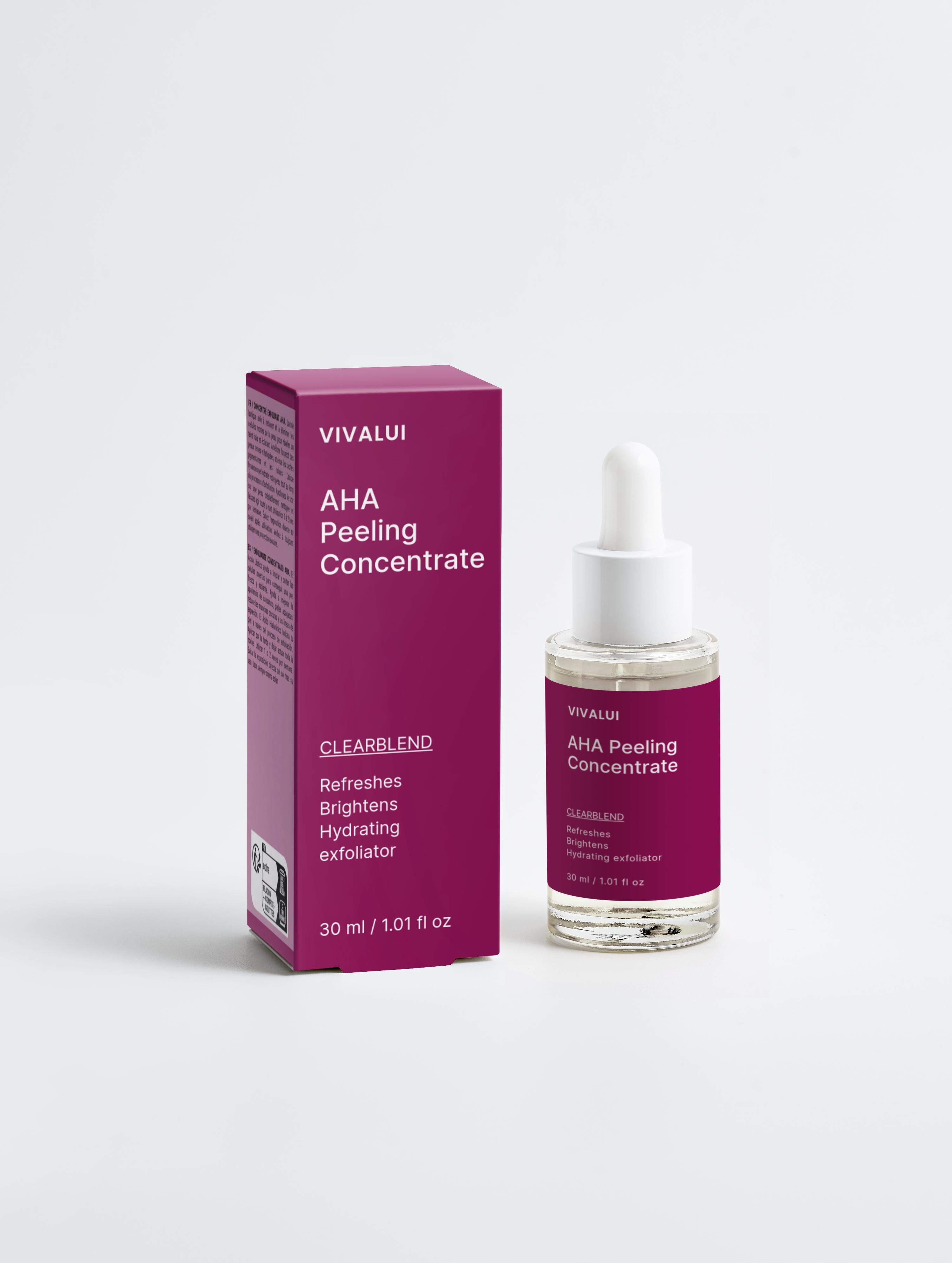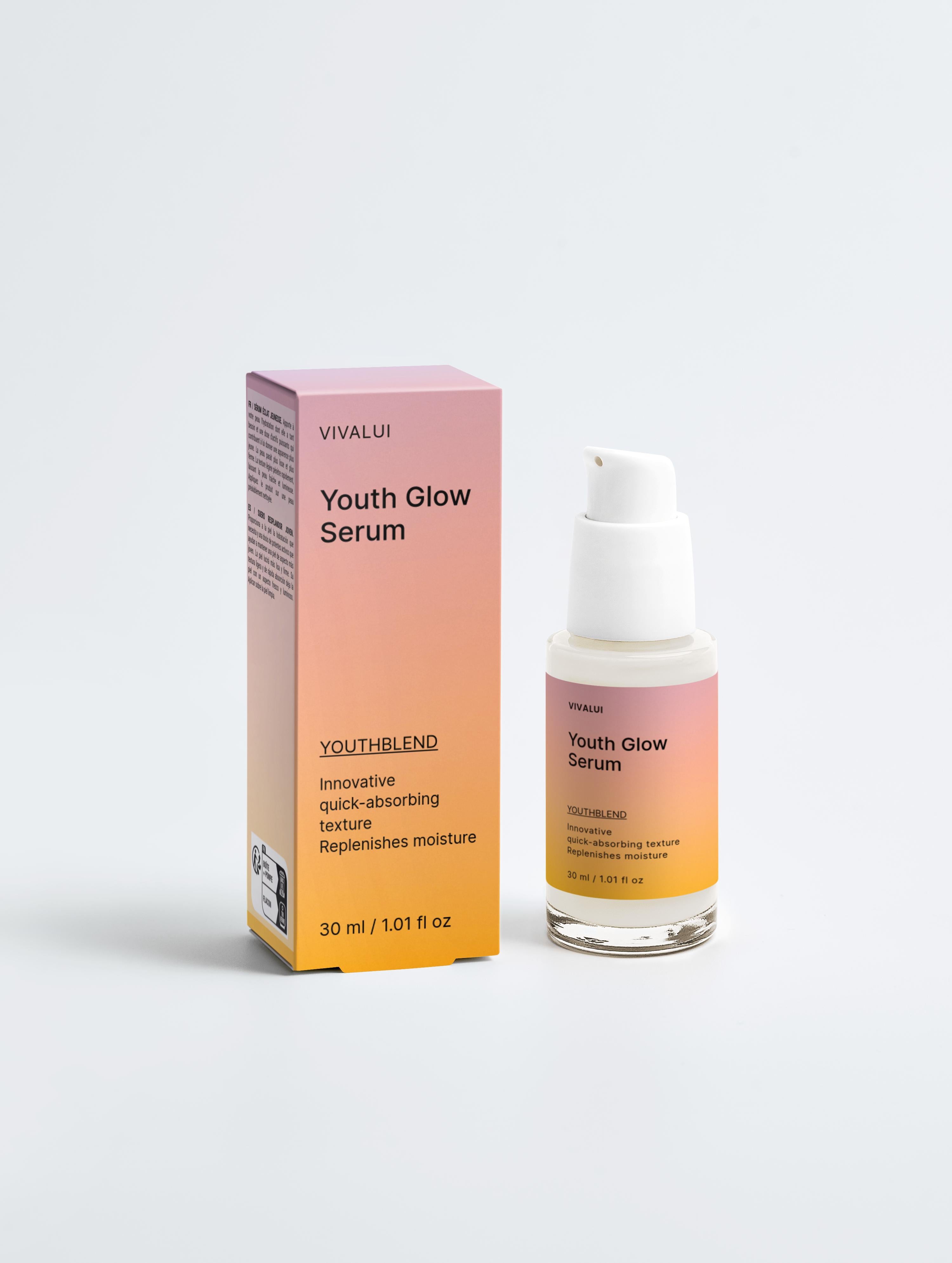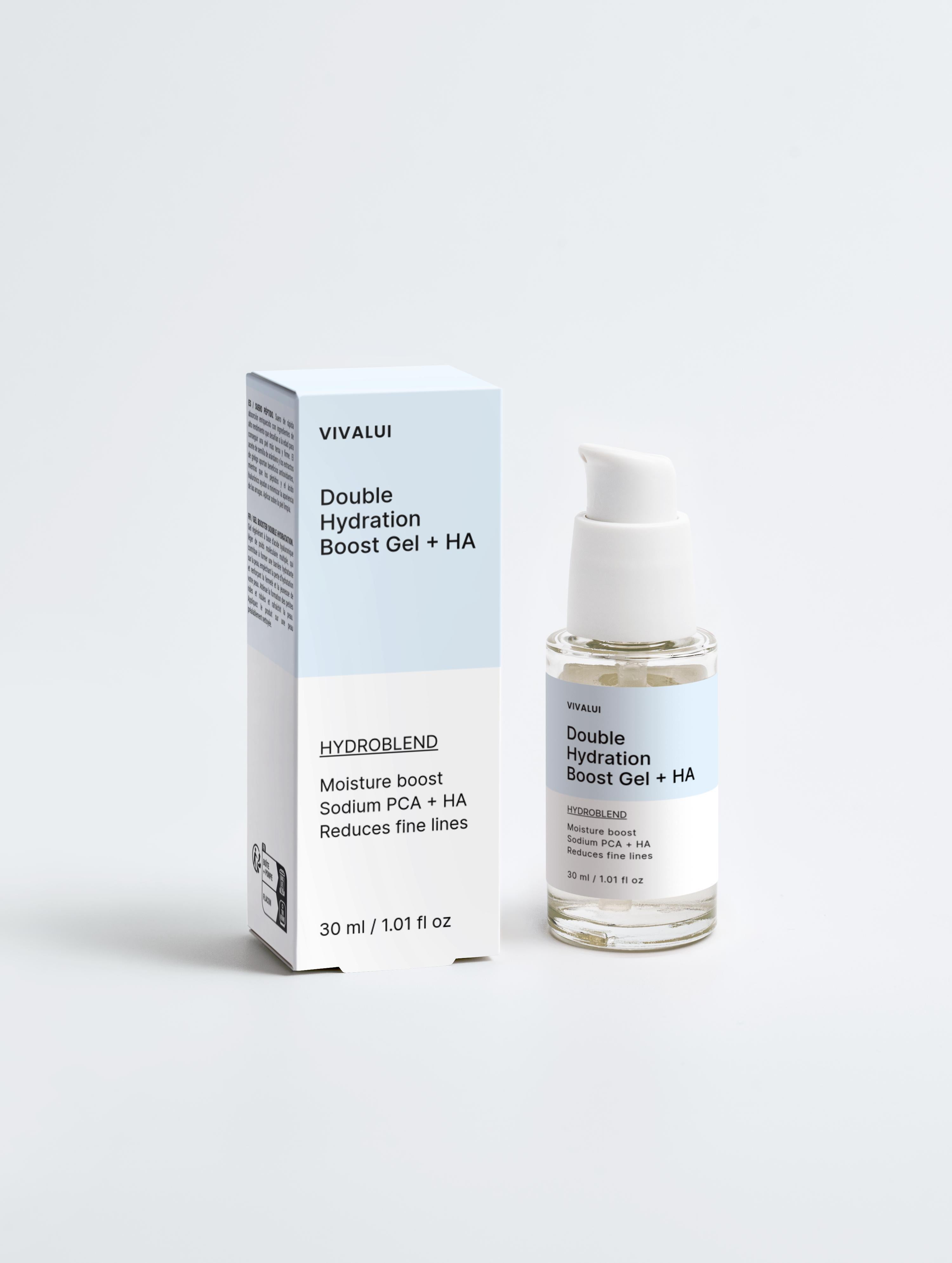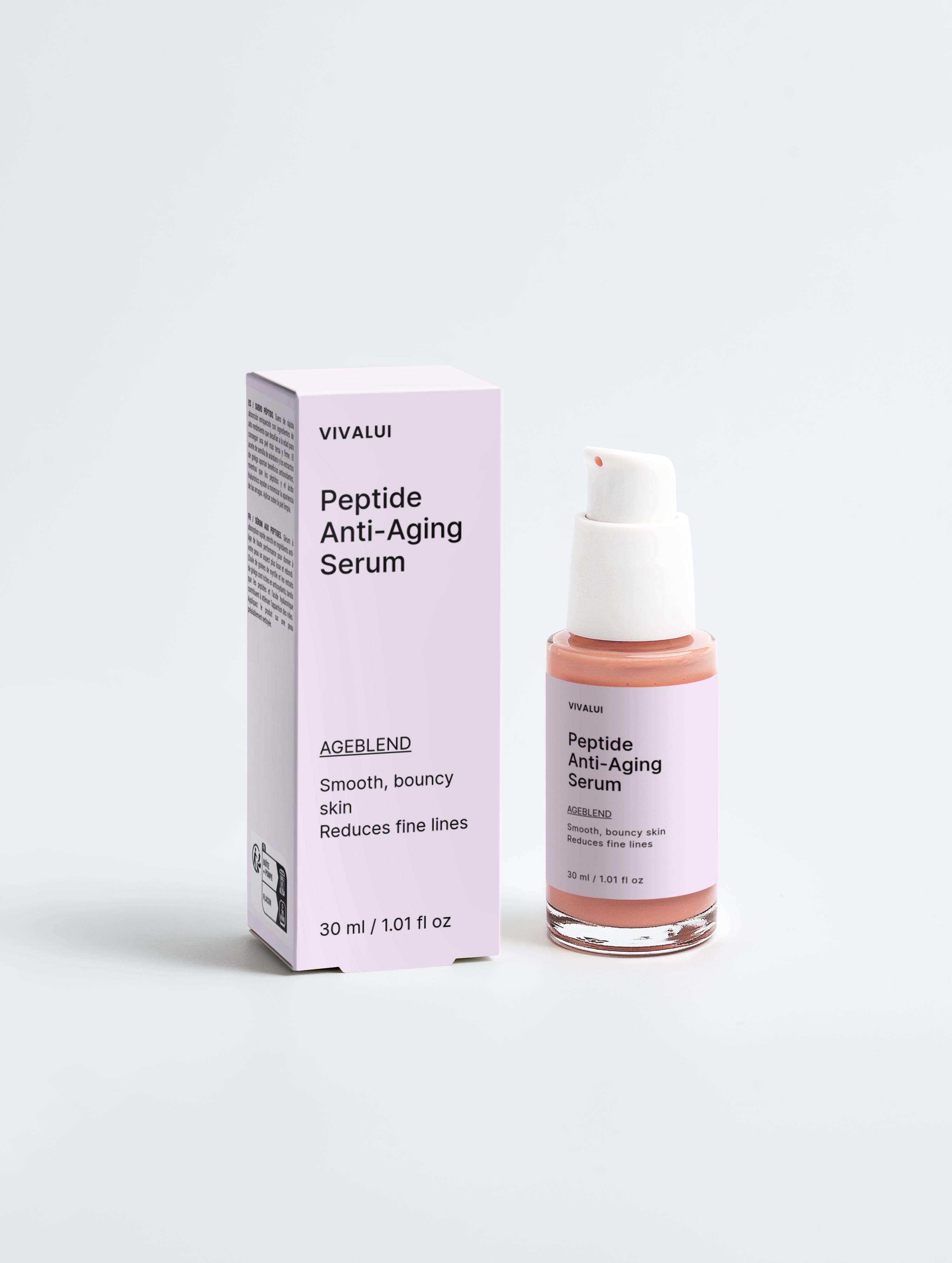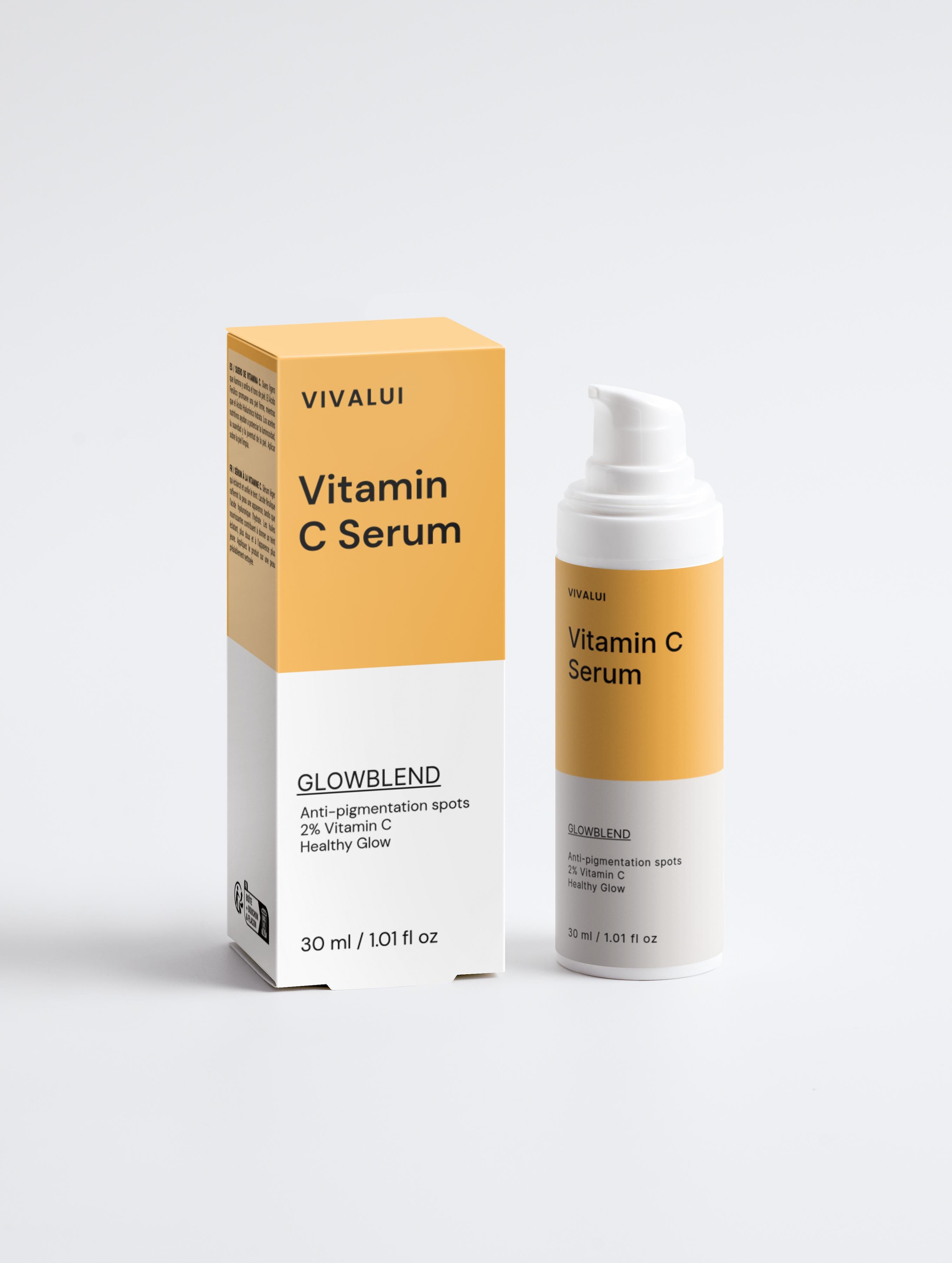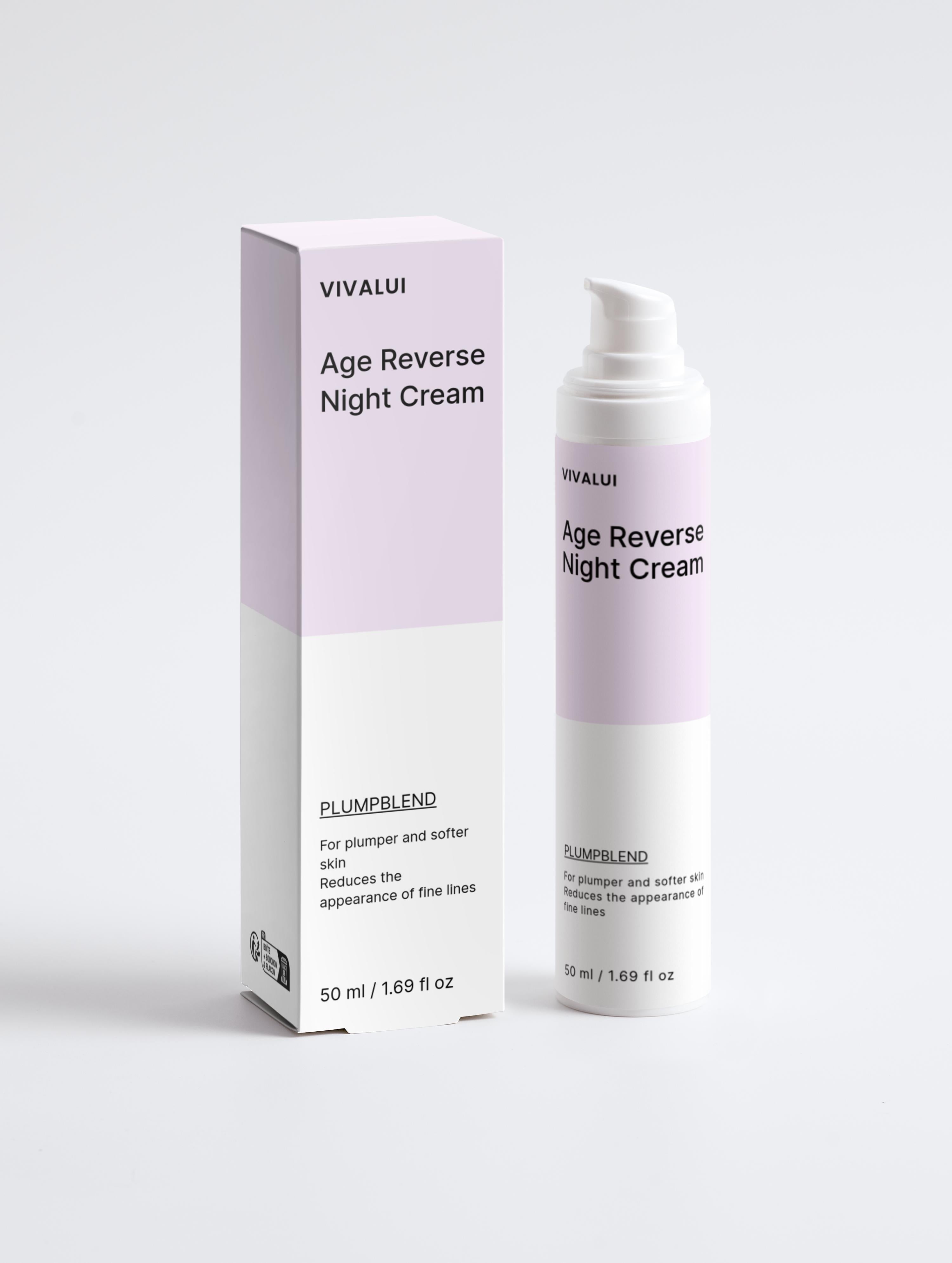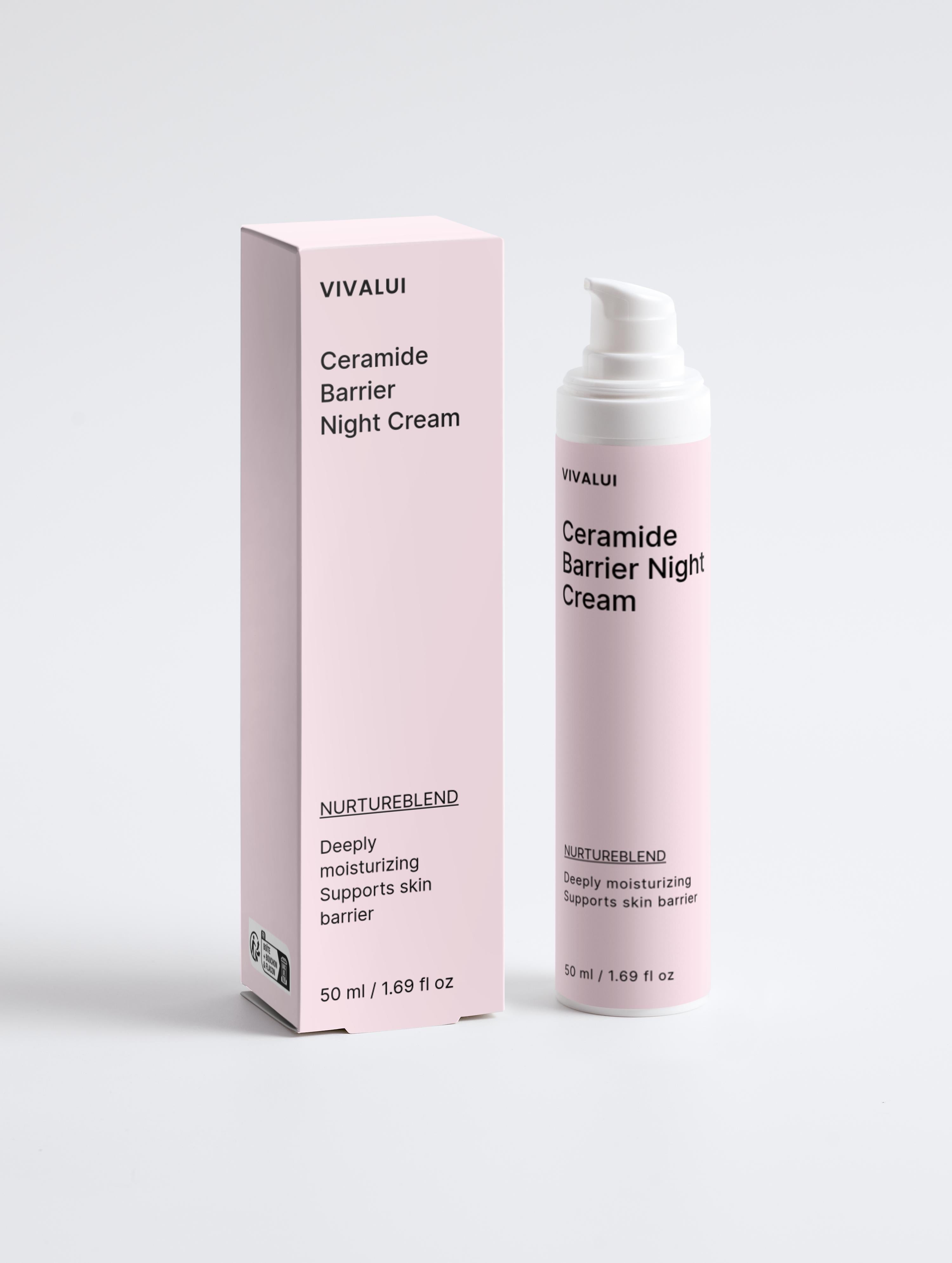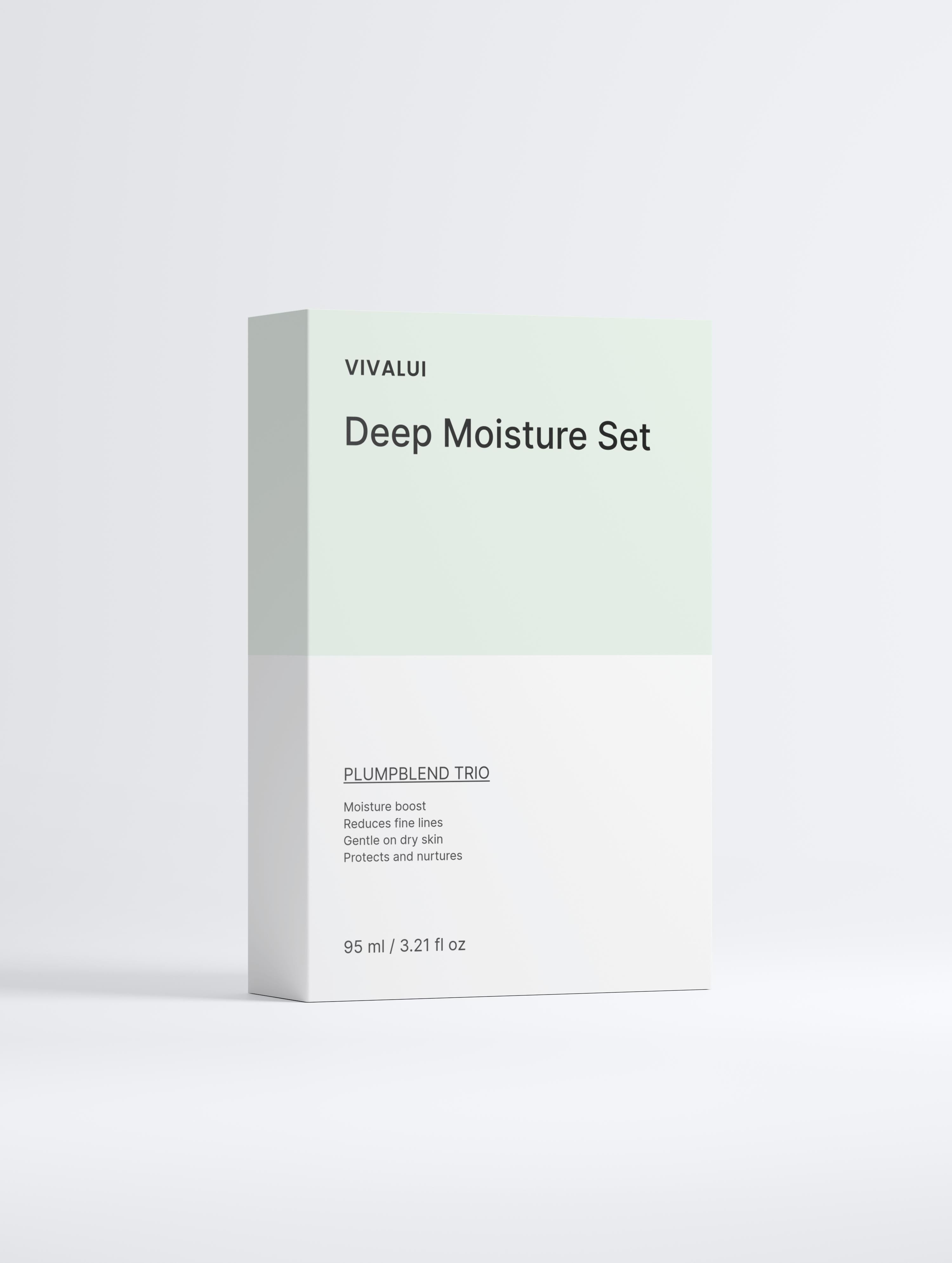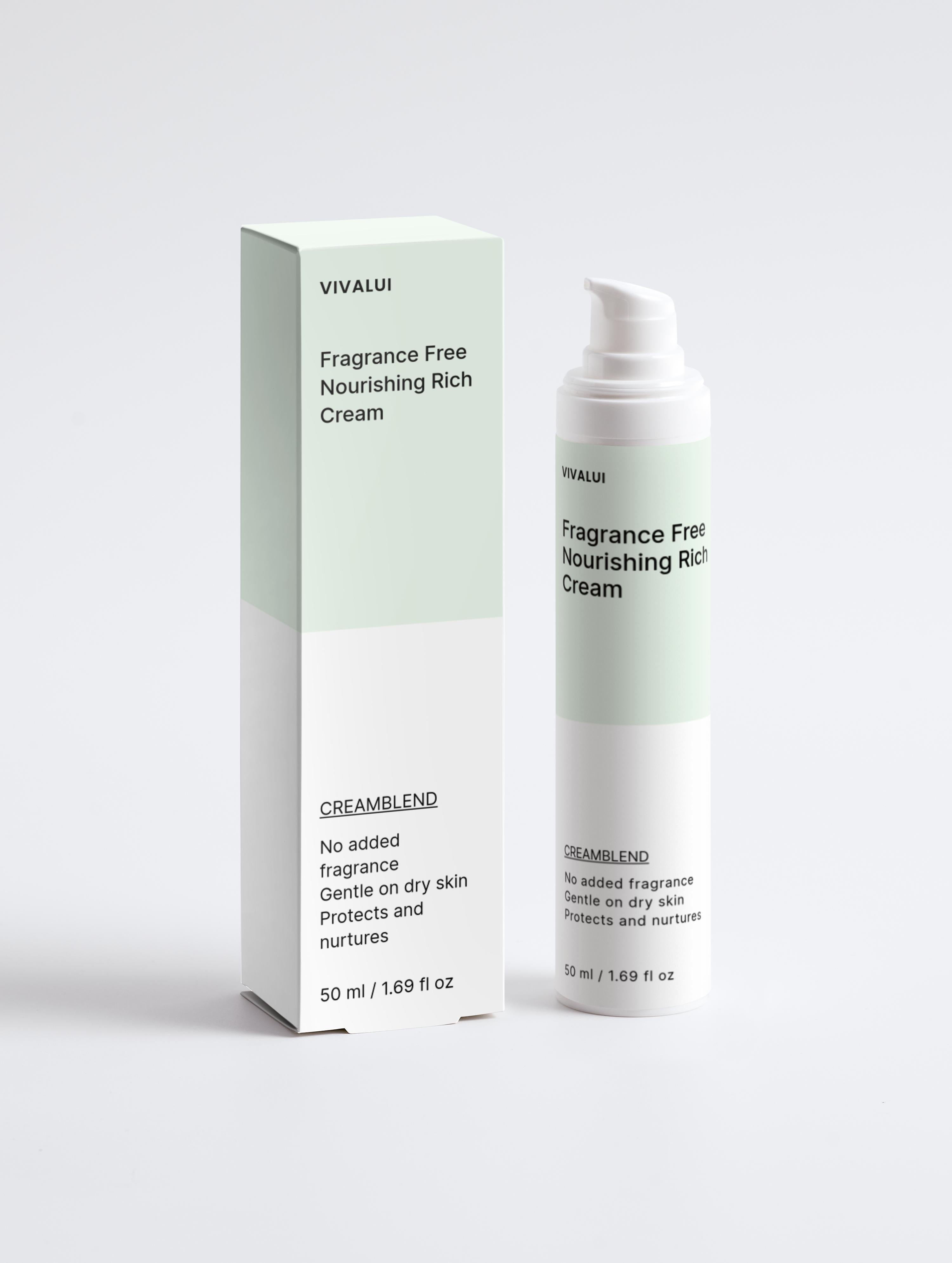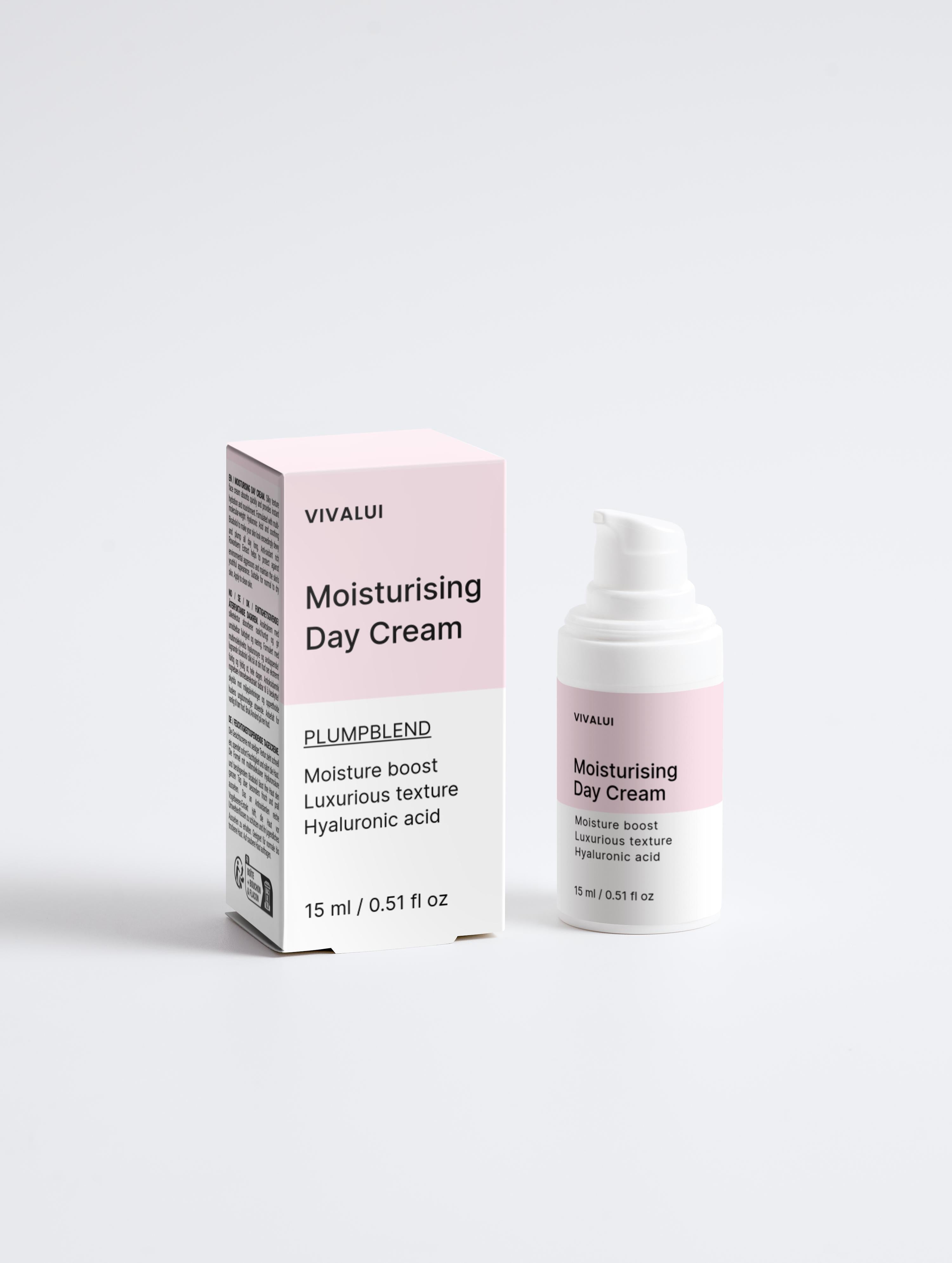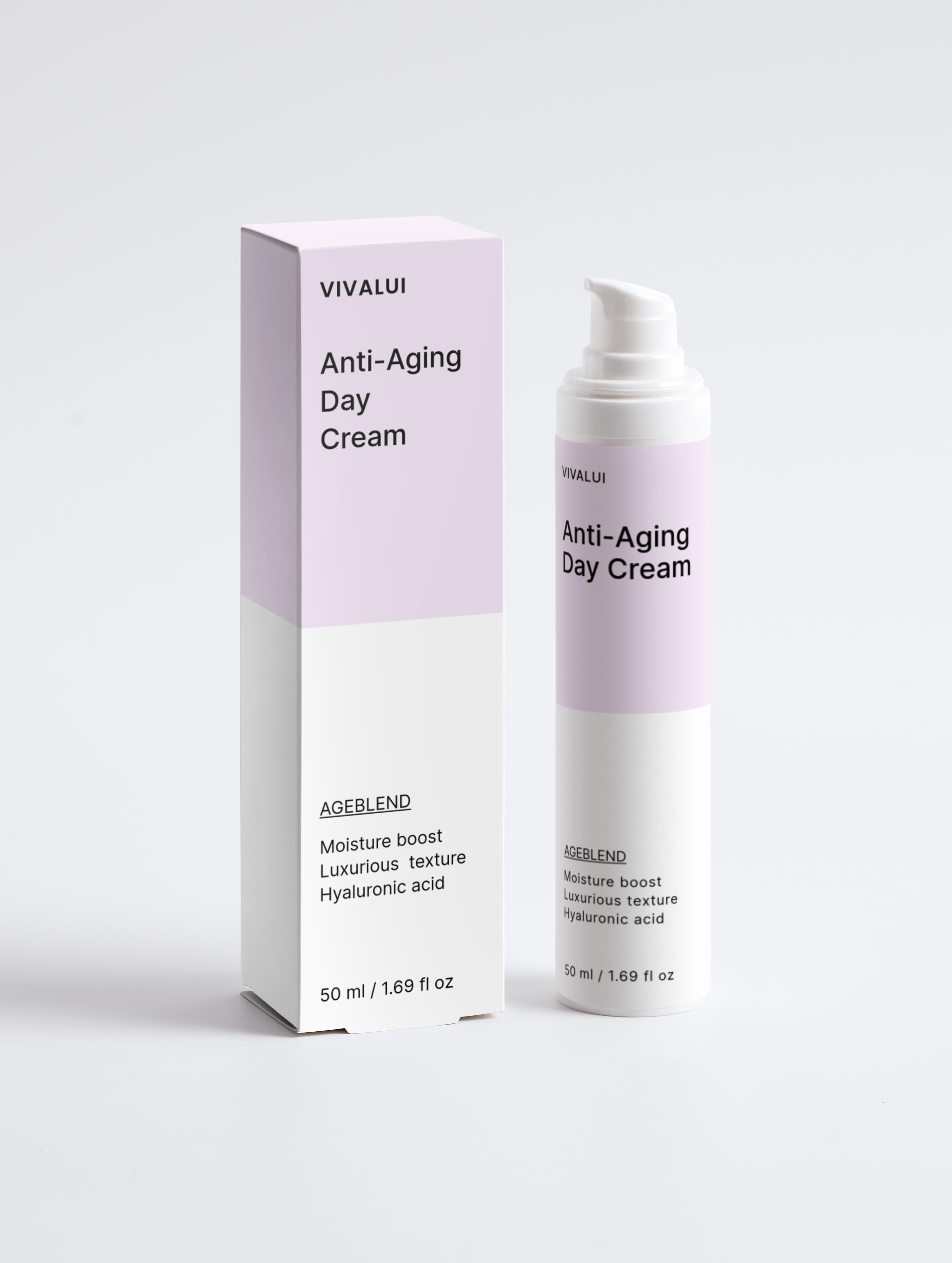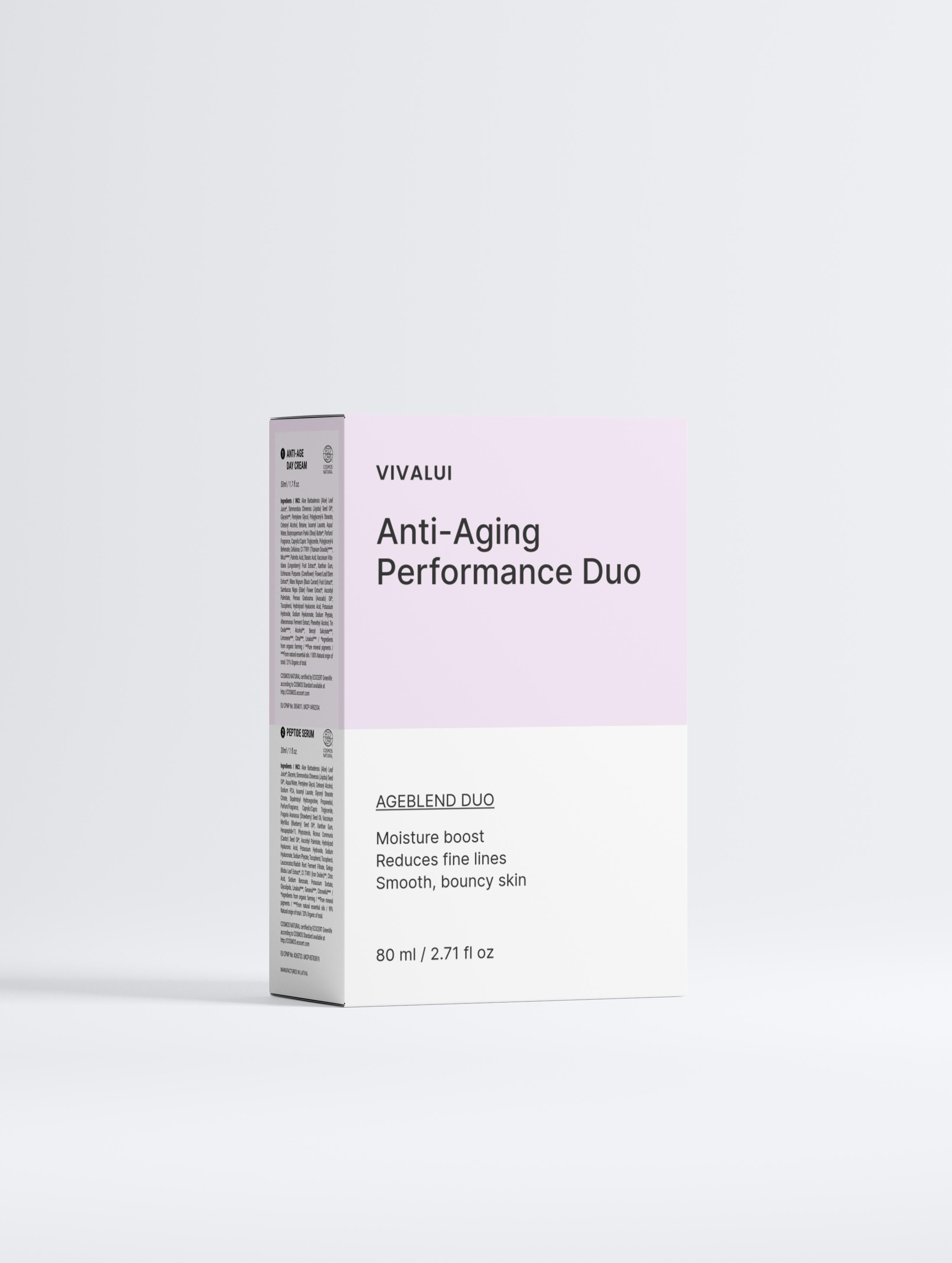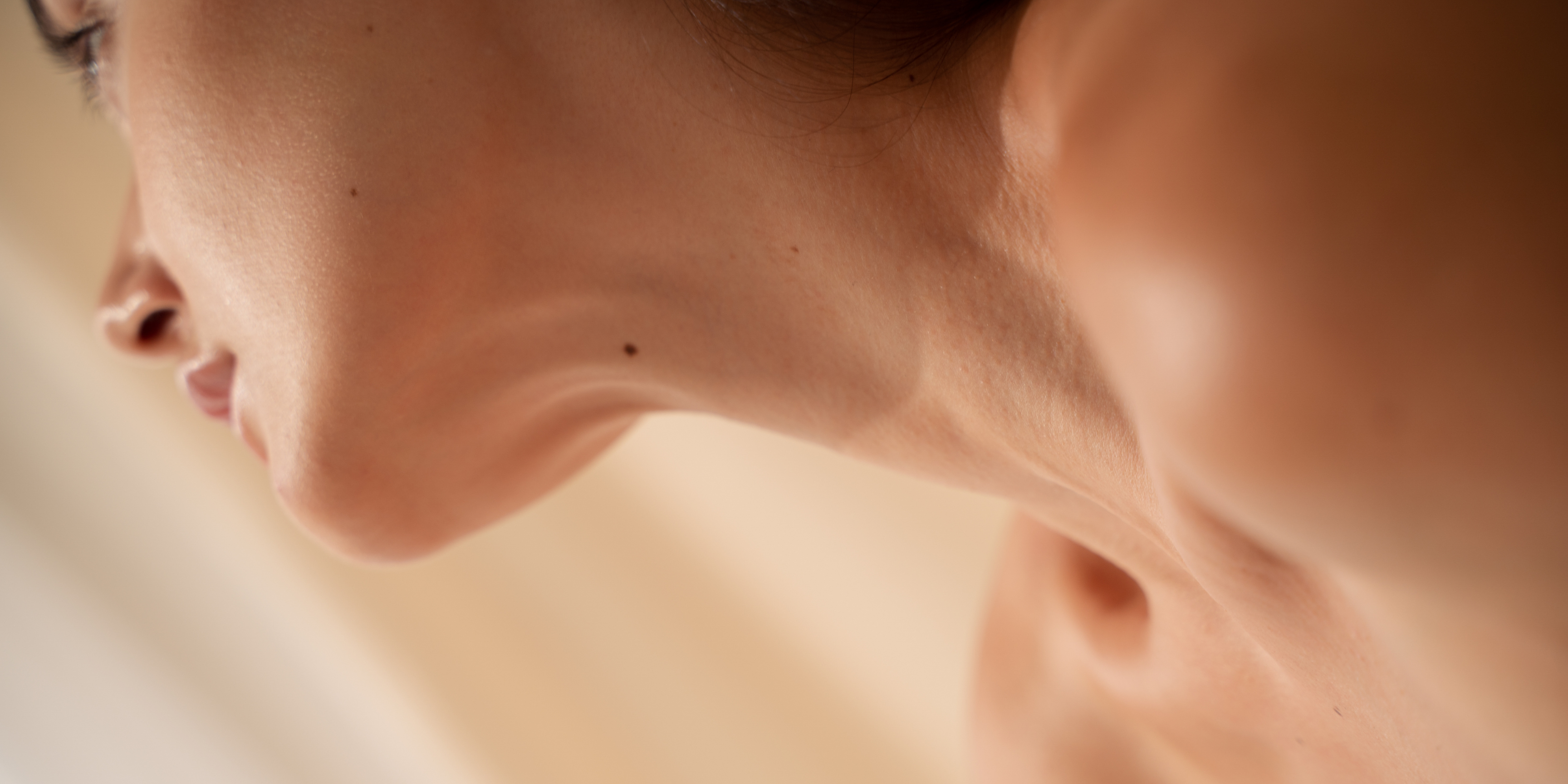While there is a laundry list of different ingredients used in formulas for men's skincare, we may not know what they are or why they are used. We would like to take some time to go over the various ingredients you might find on the back of your formula bottles and what skin conditions they treat. When looking for the perfect men's skin care products for your skin type, being armed with this knowledge could help you narrow down the selection.
Allantoin
While allantoin can be plant-derived, many times it is lab-created that we will find in our skin products. While not many of us have heard of Allantoin, there is one substance that does many things for the skin. Because of this, you should be one of your soldiers that you keep on hand. Allantoin helps with:
- Regenerations of skin cells
- Smoothes skin
- Improves skin dullness
- Hydrates and Exfoliates
- Improves skin-healing
- Soothes skin from irritants
- Great for sensitive skin
You often will find Allantoin in scar creams as it has a way of helping skin soften up. This will help smooth out scar tissue but it is done in a very gentle way.
Alcohol Denat
Alcohol denat is used to make the lotions and creams spread better. It is alcohol and it tends to dry out your skin more. This ingredient is one many men choose to avoid when possible. However, it does have a bit of benefit. It cuts through the oils on your skin, cleaning it effectively, which will allow better penetration for other formulas being applied to your skin. Alcohol Denat works well with most ingredients, which is why you find it a lot in skin care treatments.
Alcohol Denat is the type of alcohol you find in your medicine cabinet. It is not digestible and shouldn't be left out where young children could get to it. While it doesn't provide any active useful purpose itself, it can help deliver other active ingredients and assist with penetration.
Aloe Vera
The leaves of an Aloe plant have been used for centuries to aid in health and the same goes for skincare. You probably have seen Aloe lotions and gels for after-care of a sunburn. However, there are other reasons to use Aloe Vera such as:
- Healing of breakouts.
- Moisturizes
- Cools and hydrates the skin after a burn
- Prevents transepidermal water loss (TEWL)
- Soothes the skin
Like with most anything, some people will have an allergic reaction to aloe vera. If you have never used it in the past, then you might want to test it in a small area. While Aloe Vera can be ingested, it is best used topically for skincare treatment.
Alpha Hydroxy Acids
Alpha hydroxy acids are mostly used as an exfoliant. While there are many different types of acids out there used in skin care, this is a pretty common one. Actually, there are three types of acids used which are polyhydroxy acid, beta hydroxy acid and alpha hydroxy acid or PHAs, BHAs and AHAs is sometimes how you find them on the box or bottle. Alpha hydroxy stimulates the production of collagen. It helps to exfoliate the top layers of skin to give the skin a more even glow. If you are using AHAs you should avoid using it the same day that you use a retinol product as this can be a very harsh combination for most skin types.
The benefits of Alpha Hydroxy Acids are:
- Antioxidant benefits
- Hydrate
- Increase collagen production
- Surface exfoliant
AHAs can be irritating to some skin types, if irritation occurs you might want to try a PHA as it has been found to be less irritating. While the BHAs are the most irritating of them all.
Amino Acids
Amino acids are more gentle than those other acids and are safe to use daily. They work well with pretty much all of the other ingredients you find in your skin care products, which is why you will see this on the ingredients list quite often. They provide your skin with these benefits:
- Smooth fine lines
- Promote Cellular repair
- Build Collagen
- Reduce inflammation
- Protect skin via antioxidants
- Increase water retention
- Hydrate the skin
In general Amino Acids can be used on a variety of skin types and usually is pretty well tolerated. Of course, you can test out a small patch to ensure that you don't have a reaction.
Amoxicillin
Amoxicillin is a common antibiotic used to treat a magnitude of aliments. It is a part of the penicillin family. It should only be used in extreme cases of acne issues that cannot seem to get controlled any other way. Of course, it will have to be prescribed by a doctor. Amoxicillin has anti-inflammatory properties that go along with killing the bacteria that cause acne. It is usually used as a last-ditch effort to get the acne under control. Many times the doctors will try topical acne treatments first.
Apple Cider Vinegar
Apple cider vinegar works to help balance the PH, chemically exfoliates and as a natural antibacterial remedy. Because of this, it is often suggested for people that have really bad acne breakouts. It can be used as a toner or you can use it as a spot treatment option. It also can be used as an exfoliant due to having malic acid as one of its components. Some of the benefits of using apple cider vinegar are:
- Improves hyperpigmentation
- Fights Blackheads
- Exfoliates
- Balances skin's PH
If you are dark or age spots, apple cider vinegar might just be your new best friend. Because of the malic acid found in its properties, it has the ability to lighten up dark spots.
Apple cider vinegar is suitable for most skin types. However, if you typically have sensitive skin to things, you might want to try a test spot as it can cause chemical burns. You should always dilute the vinegar before application.
Arbutin
Arbutin is safe for all skin types and is used to brighten up the skin. Age spots and other dark or uneven skin tones can really age a person. However, Arbutin can help. Arbutin works well with AHAs and Vitamin C, which is typically how you will find it, paired up. There are many benefits of arbutin actually, let's take a look:
- Brightens skin
- Effective at fading scars
- Safer than Hydroquinone
- Can be used twice a day
- Safe to use with other skin products
- Improved uneven complexions
- Gentle
- Offers sun protection
Arbutin is used to help with acne scars quite a bit to lighten them.
Argireline
Argireline is a synthetic peptide that is very similar to the effects of Botox without going under or having injections of any kind. It is a peptide that prevents the muscles from moving to smooth out wrinkles and fine lines. It also promotes collagen production. Many people use Argireline on their crow's feet or upper lip. Many people want the look that Botox will give you but they don't want to inject themselves with the ingredient. While many laboratories have been working on finding an alternative, Argireline so far is the very best out there. It does play well with the others, so it can be used in conjunction with other ingredients. Benefits of Argireline are:
- Helps the skin retain moisture
- Stimulates collagen production
- Prevents dynamic wrinkles from forming.
Ascorbyl Glucoside
Ascorbyl Glucoside is an antioxidant. It is used to improve the radiance of the skin and brighten the complexion. It is recommended for use once daily. However, it is gentle enough to use twice daily. Because is it gentle, most people can use ascorbyl glucoside without any issues. Some of the other benefits of Ascorbyl Glucoside are:
- Boosts collagen production
- Promotes brightens skin
- Fights free radicals
It is a form of Vitamin C, although a very gentle form, which is why it can be used up to twice a day.
Avocado Oil
There are many health benefits to an Avocado. People eat them, use the oil for cooking, and well now it is in skincare. It is a very natural ingredient that most people have in their homes, which makes it perfect for those DIY facials. However, avocado oil is good for your skin. Some of the benefits of Avocado oil are:
- Minimizing inflammation
- Mains skin hydration
- Decreases free radicals and lipid peroxidation
- Minimizes damage
- Promotes and affects collagen content
It is usually well-received by all skin types and does work with other ingredients rather well. However, if you are a person with sensitive skin, you should probably do a spot test to be sure.
Azelaic Acid
Azelaic acid is an exfoliant. It is used quite often by doctors for acne treatment. This ingredient doesn't always get the respect that it should. It is gentle enough to use twice a day but effective at improving acne situations and is safe to use with most other ingredients. There is a pretty long list of ways that it assists with skincare such as:
- Helpful for alopecia
- Treats Rosacea
- Evens out Skin Tone
- Reduces inflammation
- Fights acne
- Exfoliates gently
Because it is a very mild acid, it can be used on even the most sensitive skin types. Typically there aren't any poor reactions to Azelaic acid, however, you can always do a test spot to find out.
Bakuchiol
Bakuchiol is known as the natural retinol. It has the properties of retinol but is far more gentle and better for those with sensitive skin types. It is derived from the seeds and leaves of a Babchi plant. This herb has been used for centuries in Chinese and Indian medicines. It is used to help reduce fine lines and wrinkles. It operates very much like retinol and goes deep into the actual skin cell itself. Bakuchiol can make skin more sensitive to the sun, so be sure that if you are using Bakuchiol you use proper skin protection and apply it often. Other benefits of Bakuchiol are:
- Heal and smooth skin
- Suitable for all skin types
- Gentle enough to use twice a day
- Speeds up cell regeneration
- evens out skin tone
- reduces fine lines
If you are looking for the benefits of retinol without the harshness then Bakuchiol might be what you are looking for.
Benzoyl Peroxide
Benzoyl Peroxide is an antibacterial that is used in many cleansers to reduce acne breakouts. It is used mostly for home treatments for mild to moderate acne. Benzoyl Peroxide will reduce the effectiveness of Vitamin C when combined. It is used to clear dead skin cells, remove excess oil, and have powerful bacteria-killing properties. This makes it an excellent choice ingredient for skin cleansers. It is gentle enough to use twice a day but shouldn't be used more than that. While it is in many cleansers it can also be used as a spot treatment. You will find Benzoyl Peroxide in many forms such as lotion, toners, spot treatments, and cleansers.
When using Benzoyl Peroxide be sure that you have a good sunblock available as it will make the skin more prone to the UV rays of the sun.
Benzyl Alcohol
You may have noticed benzyl alcohol is found in a variety of products. This is because benzyl alcohol is a preservative. While many want to have all-natural skincare solutions, the fact is, most skincare products couldn't last outside of the refrigerator for any length of time. Also, most skincare products are in a bottle that typically is sitting in our medicine cabinets or countertops. That's why there is benzyl alcohol listed on many ingredient lists for skincare products. It typically will work well with other skincare ingredients. Benefits of benzyl alcohol are:
- Decreases the viscosity of some materials.
- Dissolves ingredients.
- Offers antioxidant properties
- Stabilizes the formula
- preserves product.
Some people do have an allergic reaction to it, so it is advised that you test it out in a small spot. Also, it could make you sick if you use it in large quantities. While most products are going to have very low quantities, it is something that dermatologists point out.
Beta Glucan
Beta Glucan is used to boost skin barriers and help with hydration. It is an antioxidant and is gentle enough to be used as much as you'd like. Beta Glucan is found in many types of food sources. So it can be ingested as well as extracted to be applied to the skin. It acts by attracting water to the surface of the skin which will decrease the look of fine lines and wrinkles. Some of the benefits of Beta Glucan are:
Plumps Skin
Anti-Aging effects
Deeply hydrate the skin
Boosts immunity
Barrier Booster
Repairs Skin
Prevents damage
It is good for all skin types. It is good for people that have damage from UV and helps even out the skin's tone. It works well with others, which means it can be combined with other skin moisturizers you are using. Just be careful when introducing it into your skincare routine. Adding one at a time will allow you to know what caused a skin reaction.
Bhringraj oil
Bhringraj oil wouldn't necessarily be on the skincare solutions for women's list, it makes the men's list as it helps combat grey hair. Grey facial hair can age someone faster than they would like. It is also great for hair growth and helps to strengthen the hair from within. It is made for coarse facial hair and helps soften it a bit. It also helps the skin as well. However, it is quite often used in hair.
Biotin
Biotin supplements are made to help with skin, nails, and hair growth. It should be combined with Collagen and protein supplements for optimal performance. However, there have been extensive studies done and the amount of Biotin recommended is up for debate. Biotin can have a reaction to certain medications, which is why you should consult your doctor before taking it. It is found in many foods and is produced by our own bodies, which means a deficiency is quite rare.
Butylene Glycol
Butylene is a solvent that is made from organic alcohol. If you read the ingredients on the bottles you will probably see it listed over and over again. This is because it works well with most other ingredients. Many times we find Butylene Glycol being used to replace Propylene Glycol. Some of the benefits of Butylene Glycol are:
Conditions and smooths the skin
Enhances Penetration
Attracts Water
It is derived from petroleum, similar to Propylene glycol. However, Butylene Glycol seems to be better for most people as Propylene glycol can cause more irritation. This ingredient is found in so many products and is considered safe to use as a solvent.
Caffeine
Caffeine is found in your morning coffee, but did you know that you can actually purchase skincare products that are enhanced with caffeine. Caffeine works as an anti-inflammatory. It helps people, in general, with aging and wrinkles. Combine Caffeine with Ginseng and Vitamin C for an ultra brightening effect. Caffeine seems to play well with various other substances that are found in the various skincare lines. Because of this, there isn't anything that you should avoid using it with. Some of the other benefits of Caffeine are:
Helps with Collagen Production
Contains Antioxidants
Reduces Cellulite
Dissolves Fat
Decreases Puffiness
It is mainly used to help de-puff eyes. It helps with skin circulation which can open up the vessels to help the body absorb water better and carry it away.
Caviar Extract
It is used to boost the mitochondria in the skin cells which will help soften the skin and add hydration. It acts to firm, lift and tighten the skin which is why it is best used on mature skin. As you might imagine, Caviar extract is a little on the pricier side of things but does offer some unique benefits. It protects against UV rays and helps repair elastin and reduces inflammation. It also helps with collagen production. It is a powerhouse for people looking to combat wrinkles and fine lines. Other benefits of Caviar are:
Reduces inflammation
Boosts collagen production
Prevents the breakdown of elastin
Protects against UV rays
Improves overall skin texture
Caviar is available in a wide variety of skincare products such as serums, masks, and moisturizers. Caviar is the same as what you eat, which means if you have a seafood or fish allergy, you should avoid anything with this as an ingredient.
Caprylyl glycol
Caprylyl glycol is an alcohol derived from a fatty acid and is found in a variety of skincare production. Because of this, we thought it should be included on the list, even though it really isn't an active ingredient. It is typically used as a preservative. It is often used to prolong the other skincare ingredients but does offer a moisturizing effect by attracting water to the surface of the skin. Because of this combination, you might find this term on the side of many of your skincare products.
Carrots
If you are thinking about those orange roots, you are certainly on the right track. Carrot extract offers anti-inflammatory properties, antioxidant, antibacterial properties, and comes from the carrot seed. While we can eat the orange roots, carrot extract is for topical use only. It should not be used with Retinol, because they typically already contain vitamins and work well with non-retinol exfoliants, Vitamin E and Hyaluronic acid. A couple of benefits of Carrot extract are:
Increase cell turnover
Rich in antioxidants
Most skincare products that contain carrot extract contain very little. This is because it can turn your skin tone orange if too much is applied. The same goes for eating too many carrots.
Castor Oil
Castor oil has been used for years. It is used as a natural laxative to help hair with split ends. However, many people like to use Castor oil in DIY eyelashes and eyebrow serums. It should be used sparingly as it is an oil and can cause skin irritation. However, it works well with other oils such as Jojoba and Almond. In general, it is a much thicker oil and has been used for detoxifying, soothing, and hydrating.
Ceramides
Ceramides should be used by those that have dry or aging skin types. It is used to restore and rebuild the protective layer of the skin, which is where Ceramides are found naturally. It is safe for most people to use more than once a day, should you need to, and works well with fatty acids and cholesterol. Lipids come in three major categories which are fatty acids, cholesterol, and ceramides. These fatty acids are what make up your skin's barrier to the elements. Some of the benefits of Ceramides are:
Soften and smoothes the skin.
Helps with inflammation of the skin for various reasons.
Reduces the signs of aging.
Helps aid the skin to be less sensitive to other ingredients.
Protects the skin
Locks in moisture.
Restores skin barrier
It is best to use ceramides right after you shower or wash your face as it will lock in the moisture. It is recommended that you use ceramides twice daily for the best results.
Cetearyl alcohol
Cetearyl alcohol is not an active ingredient and can be found in a variety of different lotions. It is used as a sort of binder to the ingredients found within the lotions and other beauty products. Some of the benefits of Cetearyl Alcohol are:
Softens the skin
Thickens formulas
Encourages even applications
Prevents separation of products
Because it is not an active ingredient per se, it is found in many beauty products. Which is why it was worth mentioning.
Charcoal
In recent years we have been seeing Charcoal in just about all skin care products. Charcoal has been used for generations to remove toxins from the body. However, there haven't actually been any studies to prove that charcoal skincare products can remove toxins from the body. But, that doesn't seem to stop the marketing. Charcoal is very tolerable on most skin, so it can be used many times daily. It is thought to also help with access to oil, which can prevent other substances from doing their best work. But, again, this is not backed up by any studies. It tends to work well with clays and shouldn't be used around active ingredients as it does absorb what is around it. Basically, you would be wasting your products. Because there aren't any studies, we really don't have a good list of benefits for Charcoal.
Cocoa Butter
Cocoa butter has been used for centuries to help with chapped skin and moisturize. Typically it can be found with shea butter and works well with Vitamin E oil as well. You can use cocoa butter as much or as little as you'd like and it is good for just about all skin types. However, if you are prone to body acne, then you might want to move onto a different type of moisturizer. Some benefits of Cocoa butter are:
Heals sensitive skin
Rich moisturizer
Reduces the signs of stretch marks and softens scars
Antioxidant powerhouse
There are two types of cocoa butter, refined and unrefined. Refined stripes away the natural color and cocoa scent. This makes it easier for manufacturers to incorporate it into various products. Unrefined will have that cocoa scent and be a bit darker in color. Both are great for the skin and can also be found to make your own DIY skin care products. However, it is important to note that it only has a shelf life of 2-5 years.
Collagen
Collagen comes in many forms for your skincare routine. You can find it in lotions, serums, and even supplements. Collagen is one of the most important proteins that make up our skin's elasticity. However, as we age it breaks down. It is used for anti-aging and moisturizing the skin and is best used with Retinol to get the maximum benefits. Collagen tends to work well with other skincare products as well.
Using Collagen alone isn't going to stimulate our own skin to produce more collagen. But, it is good for moisturizing. While many people think that putting collagen on the skin will help the skin produce it, that simply isn't true. It helps reduce fine lines in the skin with its moisturizing properties.
Colloidal Oatmeal
Colloidal Oatmeal is used as a skin protectant and works well for those that have eczema-prone skin. Colloidal oatmeal helps moisturize the skin as well as protect it from wind and harmful chemicals. It works well for people with sensitive skin to calm the skin down after a bothersome treatment. It works well in conjunction with some of those treatments that might flare up sensitive skin. Some benefits of Colloidal Oatmeal are:
Cleanses
Absorbs UV
Anti-inflammatory properties
Soothers irritation
Prevents transepidermal water loss
Protects
It is good to have around if you like extreme outdoor sports. It can be good to put on your cheeks to help prevent and care for windburn.
Copper Peptides
The main benefit of copper peptides is that it stimulates collagen production. It is also good for those that are looking to get rid of hyperpigmentation and can use as much as twice a day. You should not use copper peptides along with Vitamin C as it can cause skin irritation. It also acts as an antioxidant as well. Copper peptides can be rather harsh and you shouldn't overdo it. This can lead to a rash and irritated skin.
CoQ10
CoQ10 seems to be new to the market but in fact, it has been around on the Japanese market for years. It is an antioxidant that is used to improve skin hydration, reduce sun damage, and evens out skin tone. Some benefits that you will find with a product containing CoQ10 are:
Reduces the appearance of fine lines and wrinkles
Soothe irritated skin
reduces the damage of free radicals
Replenishes skin cells
Stimulated collagen and elastin production
Evens out skin tone
Reduces sun damage
Energizes cell activity
It is safe for just about any skin type. However, if you have vitiligo, you might want to consult a dermatologist first.
Cyclopentasiloxane
While Cyclopentasiloxane might not have been on your radar recently. We decided that it was mentioned enough in skincare products that we should at least address what it is. It is a semi-active ingredient, really, and is in a ton of different types of skincare products, which is why we are seeing it on the ingredients list more and more. It is actually considered silicone. Silicones are always up for debate, but not here. We are simply going to tell you what it is along with why it is used in your skincare products.
Silicone products such as Cyclopentasiloxane give your skin a silky texture and seal in hydration. It is used as a hydrator and is safe to use on a daily basis. It can be combined with many different products and sometimes is used to dissolve heavier ingredients.
Some benefits of Cyclopentasiloxane are:
- Seals hydration
- Disperses heavier ingredients
- Is lightweight
- Evaporates quickly
- Inexpensive
- Spreads Easily
Most people can tolerate Cyclopentasiloxane, even with sensitive skin. However, you should always test a small area to ensure that you don't get a reaction to any new lotions, serums, or other skincare products.
Dimethicone
Another unknown ingredient you might see on the side of your container is Dimethicone, which is another form of silicone. If you have ever had a lotion that is really silky or velvety, then you might have been in touch with Dimethicone. This ingredient is similar to Cyclopentasiloxane, as it seals in hydration. It is something that is used to give the lotions a more smooth feeling overall. Other benefits of Dimethicone are:
- Smooths texture
- Protects skin
- Controls Shine
- Won't cause breakouts
- Seals in hydration
- Creates a silky feel in the skincare product.
It is safe to use daily and is okay to use on sensitive skin as well. However, with all skincare products, you should do a test in a small area to ensure that you don't have some adverse reaction.
Emollients
Emollients are a moisturizing agent that shouldn't be used on oily skin. They are considered good for most skin types, but too much oil can lead to clogged pores and breakouts. You can use Emollients as often as you would like and shouldn't have any issues. Fatty acids, lipids, esters, oils, and butter are all considered Emollients. Yes, they are a little more complex ingredient. There are synthetic versions of it such as mineral oil or there are natural ones such as coconut oil or shea butter. They are used to help with dry skin. They can come in a variety of different water to oil ratios which makes them have a different viscosity from Lotions, creams to ointments. The lotion is more watery and the ointments are heavier for dryer skin issues.
Skin is the healthiest when it is moist. However, there are many things that are attacking the moisture of your skin such as cleansers, environmental factors, and even your diet. Because of this, emollients are good to use and allows your skin to retain moisture for a healthy glow.
Eucalyptus oil
Eucalyptus oil is a part of a natural skin routine. Some people are going all-natural and believe that every essential oil is safe for the skin. But, not so fast. Just because it is natural, doesn't mean that it is good. There are few studies out there and none have shown that Eucalyptus oil is good for your skin. However, it is good to smell when you have a cold, as it will clear you up a little. It isn't recommended in your skincare products.
However, it is in some skincare products which is why it was worth mentioning. It is thought that it acts as an anti-inflammatory. While we believe this might be true when inhaling the scent, it doesn't seem to do much when used topically. Furthermore, it could get really irritating on some people's skin. If you feel the need to venture out and use Eucalyptus oil do make sure that you try it in a small area first.
Ferulic acid
What is the hype about ferulic acid? We wanted to know that answer and started to dig deeper into what ferulic acid was and what it is used for. This is an ingredient that you see quite often advertised. It is an antioxidant, which is used to decrease the look of fine lines and wrinkles. It helps with brown spots or age spots. Ferulic acid is safe to use every day and should be used under your other products. It works well with other antioxidants such as Vitamins E and C and resveratrol. However, it doesn't work well with salicylic acids, lactic, and glycolic acids because it will affect their chemical structure, rendering them lose their effectiveness.
It works by neutralizing the free radicals in the skin that are caused by the sun's UV rays, pollution, and other external factors. It should be packaged in a dark container and should be protected from light, as the light will change its properties.
Some benefits from ferulic acid are:
- Boosts the effects of Vitamin E and C
- Reduces pigmentations that are related to melasma
- Minimizes redness and dark spots from acne
- Reduces age spots and brown spots
- Reduces inflammation
- Offers sagging skin reduction
- Reduces fine lines and wrinkles
Antioxidants can be a little harsh on the skin and really should be tested before using them on your skin overall. If you have sensitive skin, you really should use ferulic acid with caution.
Gluconolactone
Gluconolactone is a poly-hydroxy acid or PHA. While many haven't heard of this ingredient, you will see it on the list of ingredients from time to time. It is often overshadowed in the marketing world with beta-hydroxy acid and alpha hydroxy acid. This is a good choice for those that have sensitive skin and cannot use AHAs or BHAs. It is used as an exfoliator and improves the tone and texture of the skin. It also hydrates and has some antioxidant benefits as well. You shouldn't use gluconolactone every day but it should be a part of your skincare routine. It does work well with AHAs and BHAs as well as vitamin C and retinoids. The benefits of gluconolactone are:
- Antimicrobial properties
- antioxidant properties
- Hydrates the skin
- Exfoliates the skin
It is safe to use on more skin types but people with atopic dermatitis or rosacea should proceed with caution.
Glycerin
Glycerin is a moisture booster. It is used in a variety of products, which is why we have included it on the list. It moisturizes the skin and helps it have a more smooth appearance. It works well with other moisturizers such as hyaluronic acid and rose water. It is safe enough to use on a daily basis. It attacks moisture from the air onto the top layer of the skin. Some other benefits of Glycerin are:
- Prevents moisture loss
- Helps protect the skin against harsh chemicals
- Effective moisturizer
You really can't use too much so it is okay if you have Glycerin in more than one of your skincare products as they typically don't go heavy on it. Typically it is mixed with other ingredients to add a layer of moisturizer to that ingredient.
Goat's Milk
If you have ever been to a farmer's market or craft show, then you probably have seen all the goat's milk skincare products. Goat's milk is used in a variety of skincare products from cleansers, serums, and moisturizers. It is used as a gentle exfoliator and an intense hydrator. You can use it topically but it also can be ingested and is easier to digest than cow milk. It is perfect for all skin types across the board. Goat's milk will work well with just about any other ingredient out there, which makes it perfect for those that like to make their own DIY skin care products as you cannot go wrong with goat's milk. It is exactly as it sounds, it is the milk from a goat. Some are confused and think that it is an extract from a plant. Some other benefits of goat's milk are:
- High concentration of Lactic Acid which is a safe alpha-hydroxy acid that is effective in slothing off dead skin cells.
- Effective Humectant-draws moisture from the air
- Reduction of irritation and redness
- Gentle and Great for sensitive skin
If you have a strong sense of smell, you might not like the milky smell that the products that contain goat's milk have. There are all kinds of products that contain goat's milk and you can also use it as a DIY product as well.
Goji Berries
It is an old Chinese secret that goji berries have huge effects on the skin. However, the world has learned this secret and put goji berries into various skin care products. While many Chinese eat the berries, you can also use them topically for great results as well. They are an antioxidant and contain 17 amino acids. They are effective when eaten but also when put into skincare products. They work well with hydrators and barrier boosters but you shouldn't eat them if you are on any type of blood thinner. Some benefits of Goji Berries are:
- Helps with skin tone
- Protects skin from the sun
- Anti-inflammatory
- Potent antioxidants
- immune boosters when ingested
If you plan to add Goji Berries to your diet, don't overdo it or what was once good could be bad. It is recommended only 10-30 grams is ingested daily. This also goes for those that are using them topically. This is a very powerful and potent ingredient that should be used sparingly and not daily for best results.
Grapeseed Oil
Grapeseed Oil is an extract that comes from the seeds of grapes after they have made wine. It is a byproduct that has amazing skincare benefits. It contains Linoleic acid which makes it a great antioxidant for your face and body. It is gentle and will not clog pores. It prevents sun damage, tightens skin, fades scars, lightens dark circles, and moisturizes. It is safe enough to use daily and works well with other natural oils. It is pretty common to find grapeseed oil in all-natural skincare products. It penetrates pretty quickly and will leave the skin soft and subtle.
Grapeseed Oil has many benefits such as:
- Evens out skin tone
- Lessens hyper pigmentation
- Prevents free-radical damage
- Anti-microbial
- Boosts Collagen
- Hydrates and Firms
- Lightens scars
- Lessens redness
- Combats breakouts
Some believe that it is helpful for people with acne problems as it is antimicrobial. It is safe to use on just about any skin type, but again, you should always test it in a small area to ensure you don't have a huge reaction.
Green Tea
You have probably heard that drinking green tea has some amazing health benefits. However, using green tea in our topicals is also very beneficial to those looking for a better skincare product. Green tea is good for everything from acne issues to anti-aging. It is an antioxidant that smoothes and products skin. It is gentle enough to use daily and is good for all skin types. Green Tea works well with a variety of other skincare products as well and doesn't seem to have any adverse reactions to anything. It is made from the Camellia Sinensis tea plant. Which makes it a great option for those looking for all-natural skincare products.
Some benefits of Green Tea are:
- Soothes skin
- Reduces excess oil
- Minimizes the signs of aging
- Protects skin
Some people have a hypersensitivity to Green Tea and should avoid it. But, for the most part, it is safe for just about any skin type and can be used on a daily basis.
Hemp Oil
Hemp oil is another all-natural skincare product. It can be used to regulate oil production, hydrate the skin and reduce inflammation. It is popular for those that have combination or oily skin and can be used roughly twice a day. It works well with Acids and retinoids and will combine with just about any other products without issues. The benefits are:
- Anti-acne properties
- Soothes skin
- Anti-inflammatory
- Attracts moisture
- Locks in hydration
You can also ingest hemp seeds on salads to get dietary benefits from it. There are typically no side effects for using hemp seed oil.
Hyaluronic acid
Hyaluronic acid is naturally found in the body's joints. It is what lubricates our skin and is the superstar at hydrating the skin. Hyaluronic acid acts as a hydrater and can be mixed with just about any other products without any reaction. It works well with Vitamin C, Glycolic acid, and vitamin B5. It is safe to use morning and night for best results. Some benefits to using hyaluronic acid are:
- multiple forms of use. You can use this topically at home but doctors can also inject it in prone areas.
- Non-irritating-its good for sensitive skin types.
- Fast absorbing
- Wrinkle reduction
- Retains moisture
You can also take hyaluronic acid as a supplement, but you should speak with your doctor before adding anything to your supplement intake.
Hydrocortisone Cream
Hydrocortisone Cream works as an anti-inflammatory. It reduces redness and inflammation of the skin. Some use it when they have breakouts. In fact, you will probably see this ingredient on your acne creams as it works well with Benzoyl peroxide, salicylic acid, sulfur, and retinoids, which are found in acne creams. It works well with other ingredients but you shouldn't combine it with more hydrocortisone products or where there are cortisone injections.
Isopropyl myristate
Isopropyl myristate is an ingredient that isn't talked about a lot. However, if you were to look at their ingredients in your skincare products, you will probably be shocked to see that it is in a lot of products. This is because it is a lubricant or thickening agent. It isn't actually an ingredient that does much. However, it was worth mentioning, if you are trying to figure out what it is that you are putting on your face. It does come with some moisturizing benefits and works well for people that have dry skin. It should be used as suggested on the package of the product, since, it isn't the main ingredient but sort of a filler ingredient.
Jojoba oil
Jojoba oil is an emollient that softens and smooths out the skin. It is very gentle and can be used several times a day. It is good for those that have dry skin. Jojoba Oil is considered a staple in the beauty care lineup and is found in many different products. It does work well with other ingredients and doesn't seem to have any harsh reactions. Some benefits of Jojoba oil are:
- Helps to treat acne
- Anti-inflammatory properties
- Antioxidant protection
- skin hydration
While we are generally going over skincare ingredients, this ingredient is good for lips and hair as well. It should be good for any and all skin types and most don't have any negative reactions to it.
Kojic Acid
kojic acid is a natural ingredient that will help with dark spots or varied pigmentation. It is excellent for fading hyperpigmentation and discoloration. Kojic acid can be a little harsh for some skin types so proceed with caution if you have sensitive skin and use sparingly until your skin can better adjust. It is considered a skin brightener and will work well with hydroquinone and glycolic acid. However, you should be cautious when mixing it with other ingredients as it can dry out the skin. Some benefits to kojic acid are:
- Anti-inflammatory and anti-viral properties
- Acts as an antioxidant
- inhibits the production of melanin in the skin
If you have sensitive skin, a word of caution with kojic acid. However, you can try it and see how your skin will do, maybe work that product in slowly to your skincare routine that contains kojic acid.
Lactic Acid
Lactic acid comes from sour milk and dates back to Egyptian times. They would take baths in milk to have smoother and softer skin, not knowing there was science behind that. While we are not telling you to go take a bath in sour milk, what we are saying is that this has been around for a really long time. Beauty companies have figured out a way to extract the lactic acid serum and put it in their beauty care products.
It is one of the most common types of alpha-hydroxy acids and is used to exfoliate the skin. Lactic acid should be used on people with more oily skin that is more likely going to break out. It helps with acne lesions but also with fine lines and wrinkles. You should avoid mixing lactic acid with retinol acids, AHAs, or benzoyl peroxide but it does work well with hydrating ingredients such as hyaluronic acid. The benefits to lactic acid are:
- Helps skin hold moisture
- Increases cell turnover
- Reduces acne
- Diminishes wrinkles
- Kills bacteria
Lactic acid molecules are larger, which means they can penetrate deeper than some other acids. This means that they don't treat the skin on the very surface but under the surface. It is not good for people with sensitive skin. If you are curious how your skin will react, try a small patch to see.
Lanolin
Lanolin is perfect for those that have super dry skin. While many of us struggle in the winter months to keep our skin hydrated, lanolin is one of our first choices. It soothes and hydrates better than just about any other ingredient and it is gentle on the skin. This means that just about any skin type can benefit from Lanolin. Lanolin works best when used with other moisturizing products as it locks in moisture. It can be used morning and night and won't clog pores. Some other benefits of lanolin are:
- Heals chapped lips
- reduces fine lines and wrinkles
- retains moisture
- lightweight
Some people are allergic to wool and shouldn't try lanolin as it comes from wool. If you are not sure if you have an allergy, you should try a small spot. We recommend this with all beauty products, to ensure that you don't have a reaction.
Lavender Oil
Lavender oil doesn't just offer its calming effect. It is also used in skin care products for other reasons. It protects against free radicals, helps improve skin that is prone to acne, soothes skin, and combats fungal and bacterial issues. It is not good for sensitive skin and works well for those that have acne-prone skin. It is safe to use in your daily routine, given that you don't have an allergic reaction to it. You should speak to your doctor before using lavender oil as it can have reactions to medications. It works well when it is combined with some of the other oils that have been mentioned on the list. Some benefits of lavender oil are:
- Prevents infections
- Promotes wound healing
- Improves acne
- Soothes skin
- Protects skin from free radicals
Lavender oil is an essential oil, which is very potent. Many times, the essential oil will need to be diluted with a carrier oil. If you have lavender oil as an ingredient, you might see the carrier oil listed such as coconut oil.
Licorice extract
Licorice extract comes from the root of the licorice plant. It is what is used to make the licorice candy originally. It is a skin brightener, antioxidant, and offers anti-inflammatory properties. It inhibits the production of melanin in the skin that causes dark spots. You will often find it mixed with other antioxidants and skin brighteners and it is relatively strong, so not so good for people with sensitive skin. You should use it twice a day max for best results. Some benefits to licorice extract are:
- Helps control oil production on the skin
- Offers anti-inflammatory properties
- Potent antioxidant
- Removes excess melanin
- Combates skin discoloration
It is rare to cause an allergic reaction. However, you should test it on a small spot on the skin, as we recommend for all skincare products.
Lysine
Lysine isn't topical and you probably won't see it in your skincare lotions, serums, or otherwise, but it is good for the skin. It is a supplement that you take orally which helps build protein and collagen and brings back energy to the body. It works well when taken with other amino acids and helps deliver calcium to the body. It should be consumed in your daily diet, however, there are supplements as options as well. It is found in a variety of foods from fish, chicken, red meat, dairy, nuts, and avocado. Food with high protein often has lysine in them. Lysine is good for people that have acne-prone skin as it helps with this.
Lysine is also good for people that have an active cold sore. It helps feed the cold sore so that it will go away more quickly. If you have a cold sore, you should try to take lysine.
Magnesium
Magnesium is a mineral that is used in skin care products to calm rosacea and sensitive skin. People with oily or acne-prone skin reap the benefits of having magnesium in their skincare products. It works well with Vitamin C and should be used with high doses of zinc or phosphates. Magnesium can be taken orally as a supplement and is found in a variety of foods as well. It is a critical component of the body for bone, nerve, and muscle development. Magnesium is a part of the electrolytes that we need to survive. It is good to note that it can be absorbed through the skin. Some benefits of magnesium are:
- Controls Odor
- Improved skin's overall appearance
- Calms rosacea and sensitive skin.
- Treats dry skin
- Assist with DNA repair and cell replication
- Reduces sun damage
If you have a magnesium deficiency you might see the loss of moisture, a decrease in elasticity, and uneven skin tone. Do not ingest large amounts of Magnesium because it has a laxative effect. As with all skincare products, you should test to ensure that your skin is okay with it. However, you probably won't have an allergic reaction to the magnesium, but there are commonly other products added to most skincare products.
Malic Acid
Malic acid is an exfoliant that can be used once or twice a day. It works well with other beta and alpha hydroxy acids and is commonly combined with them as well as vitamin C. It promotes cell turnover to help brighten the skin. It also helps keep pores from clogging. Other benefits from Malic Acid are:
- Balances skin's PH levels
- Helps exfoliate the skin
- Helps pull moisture from the air to hydrate the skin
- Reduces the stickiness of the skin's surface
Malic acid is less harsh than some of the others that we have mentioned. However, at the end of the day, it is still an acid and some people will be sensitive to it. Be sure to test and if you do have a sensitivity, use it sparingly until your skin accepts it better.
Mandelic acid
Mandelic acid is an exfoliator that increases cell turnover and helps with anti-aging. It also helps with acne-prone skin as well. It is an AHA but is slightly less harsh than other AHAs and can be used a little easier for those with sensitive skin. You only want to use Mandelic acid once a week or so, overuse will dry out the skin and cause irritation. It works well with Hyaluronic acid and other hydraters. But, it shouldn't be used with retinoids, retinol, peels, or other AHAs. Some benefits we see from Mandelic acid are:
- Reduces hyperpigmentation
- Clears Pores
- Brightens Skin
- Promotes cell turnover
- Exfoliates
It is used as a peel and you should avoid retinol for at least 3-5 days before application. Of course, always test a new product in a small area to ensure that you don't have any reactions to that new product.
Manuka honey
Manuka honey is best for acne-prone skin. It helps clear acne with its anti-fungal, anti-viral, and antibacterial properties. It is a powerhouse when used topically and aids in wound healing. It also draws moisture into the skin and can be used to smooth irritate skin conditions. It is beneficial for people that are looking for help with their acne problems. And, it can be combined with other hydrating ingredients. It shouldn't be combined with retinoids or acids. Some benefits are:
- Draws moisture to the skin
- Offers antioxidant production
- Anti-inflammatory
- Promotes wound healing
- Antibacterial properties
If you are allergic to bees then you shouldn't use Manuka honey. Always test out a new product in a small area.
Marshmallow Root Extract
When we think of marshmallows, we think of those white fluffs that we put in smores. However, those don't actually have marshmallows in them anymore. But, did you know that marshmallow root extract was good for your face? It acts as an anti-inflammatory and soothes redness, helps retain moisture, and relieves inflammation. It works well with other products that might cause irritation and works well for those that have sensitive skin.
Marula Oil
Marula oil seals in hydration offer antioxidant protection and soften skin. It can be used on just about any skin type as it is pretty gentle. It is great for those that have dry or cracked skin. While it works well with other products, you should avoid using it with other oils. Too much of a good thing can quickly turn into a bad thing. It is a naturally occurring oil that is found in a marula tree, which grows in sub-Saharan tropical Africa.
Benefits of Marula oil are:
- Anti-inflammatory
- Anti-aging
- Antioxidant protection
- Doesn't clog pores
- Seals in moisture
Methylparaben
You probably have never heard of methylparaben. However, it is an ingredient in just about every beauty product, so we thought it was good to mention. This is a preservative that is used in the skincare industry to help your beauty products last longer. Typically people see "methyl" and start to panic a little. However, it is very safe and common to use on your skin. It is used to prevent fungus and bacteria growth and can be used several times a day. It generally can be mixed with just about any of the other skincare products as well. Some benefits of Methylparaben are:
- Antibacterial
- Preserves ingredients
- Prevents fungus growth
Mineral oil
Mineral oil is another oil that is safe for the skin. While many people see the word oil and think "clogged pores", that isn't always the case. Mineral oil can be used for just about anyone as it is very gentle. However, people that are prone to acne shouldn't use mineral oil. It is a very good moisturizer and perfect for those that are battling eczema or psoriasis. It depends on what your skin type is, but it is safe to use a couple of times a day in various products. However, just keep in mind, too much of a good thing could turn bad. It shouldn't be combined with other ingredients that might clog pores.
Mineral oil is derived from oil and is odorless and colorless, which is why some skincare products choose it over some other options. It is actually what you find in baby oil and is safe enough to use on babies. It smooths and softens skin and seals in moisture.
Moringa Oil
Moringa oil is a powerhouse oil that helps soothe inflammation, improves the overall appearance of the skin, and helps reduce fine lines and wrinkles. It can be used by all skin types as it is fairly gentle. Moringa oil can be mixed with other ingredients and often is as it doesn't have any reactions. It is gentle enough to use more than once a day and is derived from the Moringa seeds. This oil is high in Vitamins C and A and also has linoleic acids and oleic acid. Benefits to Moringa oil are:
- Therapeutic
- Combats breakouts
- anti-microbial
- Balancing
- Healing
- Anti-aging
- Cleansing
Niacinamide
Niacinamide is actually vitamin B3, which is a powerhouse for hydration and brightening but is often overlooked. It reduces acne, presents signs of aging, and brightens skin. It is gentle enough to be used both in the morning and evening. Niacinamide is water-soluble and isn't produced naturally by our bodies. It works well for those with sensitive skin and for those that are trying to repair skin.
Octinoxate
Octinoxate is a chemical UV filter, in other words, it is an active ingredient in sunscreens. It prevents sunburn but also prevents your skin from UV damage. It helps prevent skin cancer and doesn't leave a white hue on the skin. Octinoxate is safe to use daily and it shouldn't be used with glycolic acid or any significantly lower pH. It can be used by anyone over 6 months that are looking for UVB protection. Some benefits of octinoxate are:
- Leaves no white cast on the skin
- Applies smoothly
- Minimized photoaging
- prevents damage
- decreases the potential for skin cancer
- Protects skin from burning.
Panthenol
Panthenol is a moisturizer that binds water and skin which will leave the skin more supple, smooth, and soft. It is good for all skin types and works well with humectants and ceramides. Another name for panthenol is Vitamin B5. It works as both a emollient and a humectant. Some benefits of Panthenol are:
- Delivers anti-inflammatory benefits
- Wound healing
- Transepidermal water loss
- Moisture retention
It is gentle enough to use daily or several times a day and most people's skin can tolerate it.
Polyhydroxy acid (PHA)
PHA is an exfoliant that repairs skin, reduces skin damage, and exfoliates away dead skin. It works well with other acids in low concentrations. Again, don't do too much of a good thing. It can also become overwhelming to some that have sensitive skin. It is recommended that you try it in a small spot before using it all over your face, to ensure you don't have a bad reaction. PHAs fall under the AHA family, which is related to glycolic and lactic acids. However, they are much more gentle on the skin than straight-up AHAs. Some benefits of PHAs are:
- Improve the elastin in your skin
- anti-inflammatory properties
- antioxidant properties
- Keeps skin moist
- Non-irritating
- Gentle enough for most skin types.
It is typically found in moisturizers, masks, toners or as a liquid exfoliant.
Phenoxyethanol
Phenoxyethanol is a preservative, which is probably why you have never heard of it. It is paraben-free so it is gaining popularity because of that. Phenoxyethanol can be found in a variety of skincare products and works well with other preservatives and ingredients. It is used to prevent growth and increase shelf life. It stabilizes products so that they will last longer. Some benefits of Phenoxyethanol are:
- Is stable
- prolongs the product shelf life
- prevents bacteria
Phenoxyethanol can be irritating for some people's skin, you should try it in a small spot to see first.
Phytosphingosine
Phytosphingosine is a moisturizer that supports a healthy skin barrier. It is anti-bacterial and inflammatory and is safe enough to use daily. It works well with peptides and ceramides and most skin types can tolerate it. Phytosphingosine is a fat that is naturally found in the out layer of skin. Some benefits of Phytosphingosine are:
- Anti-inflammatory
- Anti-bacterial
- Triggers the production of natural moisturizing factors
- Strengthens the skin barrier
In general, anyone can use and benefit from Phytosphingosine as it is very well tolerated.
Plum Oil
Plum oil is rich in polyphenols and essential fatty acids. It has been used for centuries, however, it has come to light in recent years. It is an anti-inflammatory and hydrator. Plum oil is safe for acne-prone skin and plumps skin, protects from oxidative stress and radical damage, and aids in cellular repair. It is safe to use both morning and night and works well with vitamins A, C, and E, which are all ingredients found in plum oil. Some benefits of plum oil are:
- Anti-aging properties
- regulates sebum production
- Combats environmental stressors and free radicals in the skin
- Increases cell turnover
- Has skin healing properties
- Anti-inflammatory
- Hydrating
If you have sensitive skin, you should proceed with caution when using plum oil. You should always test new products out in a small area to ensure that you don't have a reaction to them.
Polypeptides
Polypeptides are a protein that smooths fine lines, decreases the appearance of pores, and increases collagen production. It is generally safe for just about all skin types and can be applied both morning and night. Polypeptides work exceptionally well after a chemical peel, as it can penetrate the skin more deeply. It should not be used with AHAs and is generally safe for all skin types.
Some benefits to Polypeptides are:
- Repairs damaged skin
- Smoothes out complexion
- Helps skin be more firm
- Anti-inflammatory
- Improves collagen production
- Locks in hydration
- Acts as a skin barrier
- Reduces the appearance of fine lines.
While we prefer antioxidants, AHAs, and retinoids for fine lines and wrinkles, this is another option.
Pomegranate
We all have heard of pomegranate to eat, but it is also inside some of our skincare products as well. It acts as an antioxidant and helps the skin regenerate, protects against UV, and detoxes the skin. Pomegranate is safe to use once a day and works well with Ceramides. It is best for people that have oily or congested skin. Some of the benefits of pomegranate are:
- Combats breakouts
- Helps with dry skin.
- Smooths and firms skin
- Helps reduce the signs of aging
- Sun protection
- cell regeneration
- Antioxidant
It will lose its potency over time, so use it right away and don't let it sit on the shelf for too long.
Prickly pear oil
Prickly pear oil has the highest concentration of vitamin E. It is a hydrator and has hydrating, barrier-boosting, and anti-inflammatory properties. It can be used twice a day and works well with Vitamin C and Retinols. Prickly Pear oil generally can be used on people with sensitive skin. It can be used topically or digested.
Propanediol
Propanediol offers similar properties to propylene glycol but has fewer adverse reactions. Propylene glycol was named the worst allergen of the year in 2018, causing the most cases of dermatitis or infection of the skin. Propanediol is a better alternative. It is an emollient, humectant, and solvent and dissolved ingredients retain moisture, and decrease viscosity in some skincare products. It is safe to use regularly and on sensitive skin. Propanediol works well with most other ingredients. Some benefits of propanediol are:
- Gives products an airy or lightweight feel.
- Enhances preservative efficacy
- Safe for acne-prone skin
- Prevents water loss
- Pulls water into the skin from the air.
It generally is safe for everyone and can be used several times a day.
Propylene glycol
Propylene glycol has gotten a name for itself. It is found in many types of skincare products, however, it is also responsible for skin infections. You should use propylene glycol with caution. It is a preservative, emollient, solvent and humectant. Propylene Glycol typically will work with most other ingredients, which is why so many skincare products have it. It is colorless and odorless and is completely water-soluble. Some benefits are:
- Safe for acne-prone skin
- Prevents water loss
- Addresses visible signs of aging
- Lightly moisturizes
- Attracts water
Propylene glycol is different than ethylene glycol, which is what is used in anti-freeze. Despite what others say out there, Propylene glycol is completely safe and not the same at all as ethylene glycol.
Pycnogenol
Pycnogenol is an antioxidant that reduces age sport, increases hydration, and prevents wrinkles. It can be used once a day and it works well with other anti-aging skincare products. It is an extract of the bark of pine trees. While you can use this topically, it also can be taken as a supplement. Some benefits of Pycnogenol are:
- Plumps skin
- Fights toxins
- Prevents lines from forming
- Reduces age spots
Resveratrol
Resveratrol is an antioxidant. It helps fight aging, protects the skin, and improves the overall look of your skin. It helps reverse sun damage and works well with other antioxidants such as ferulic acids. Anyone with sun damage done to their skin can benefit from the use of resveratrol.
Some benefits to resveratrol are:
- Hydrates the skin
- Evens out skin tone
- reduces redness
- Slows again
- Protects skin from UV damage
It helps even out skin tone and texture. Resveratrol supports the creation of healthy collagen and combats the free radicals on the skin that cause aging. It further helps with redness and inflammation.
While there aren't any signs of negative side effects, you should always test a new skincare product out in a small spot to ensure you don't have any adverse reactions.

